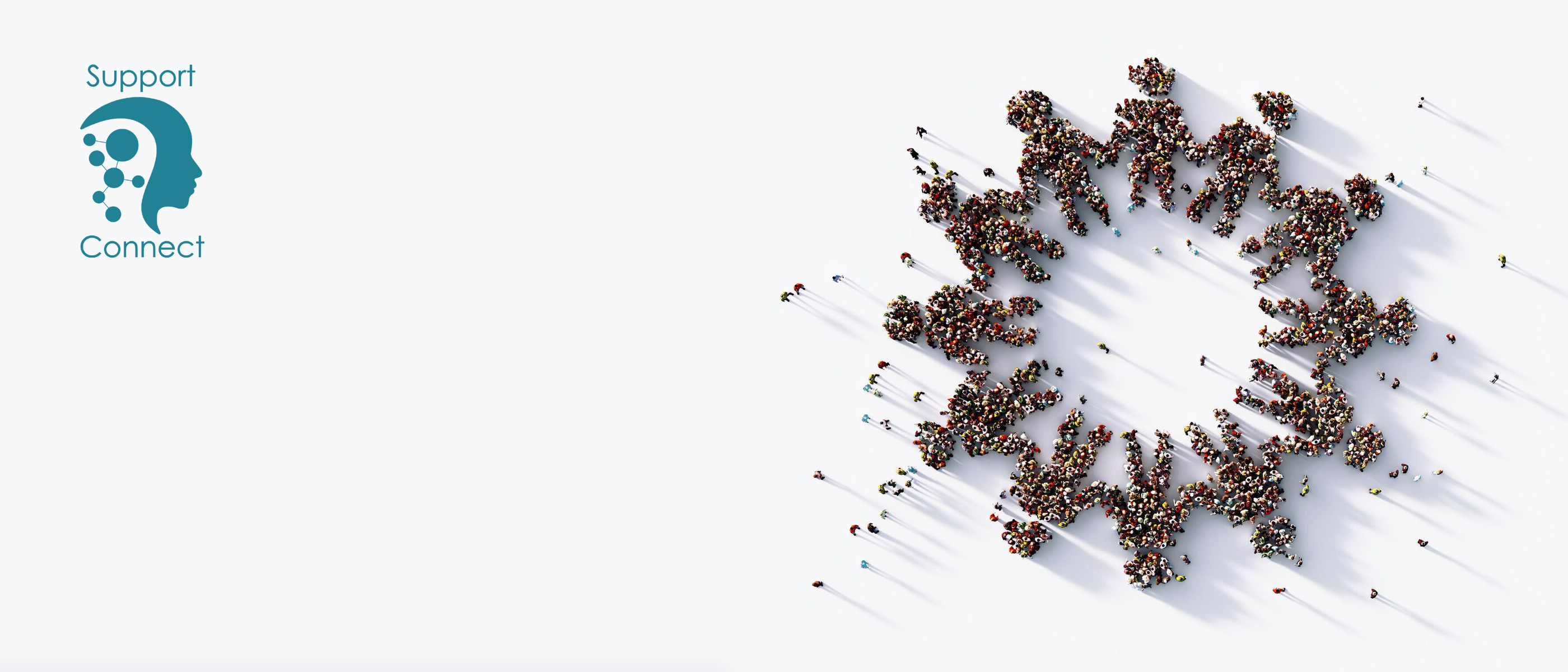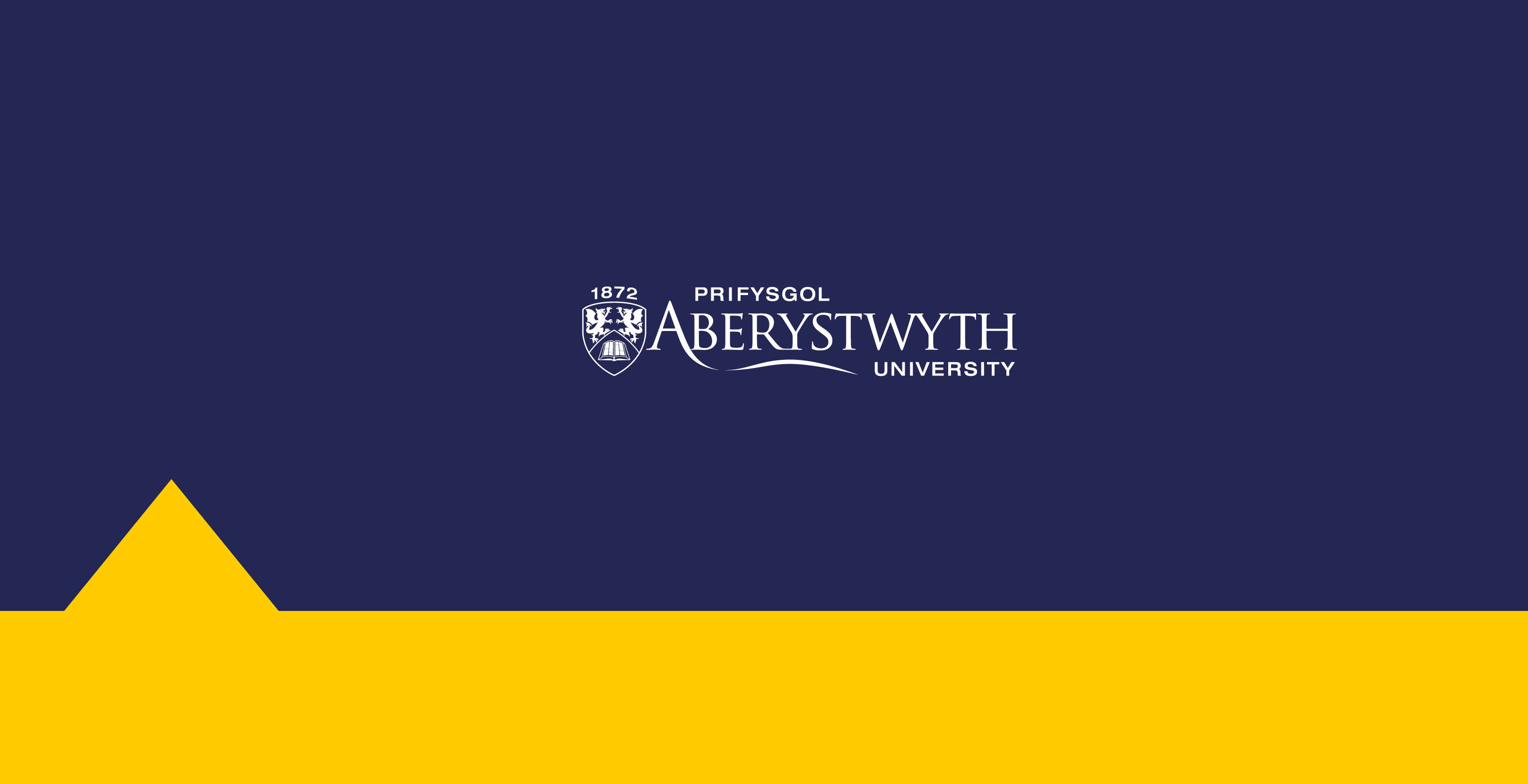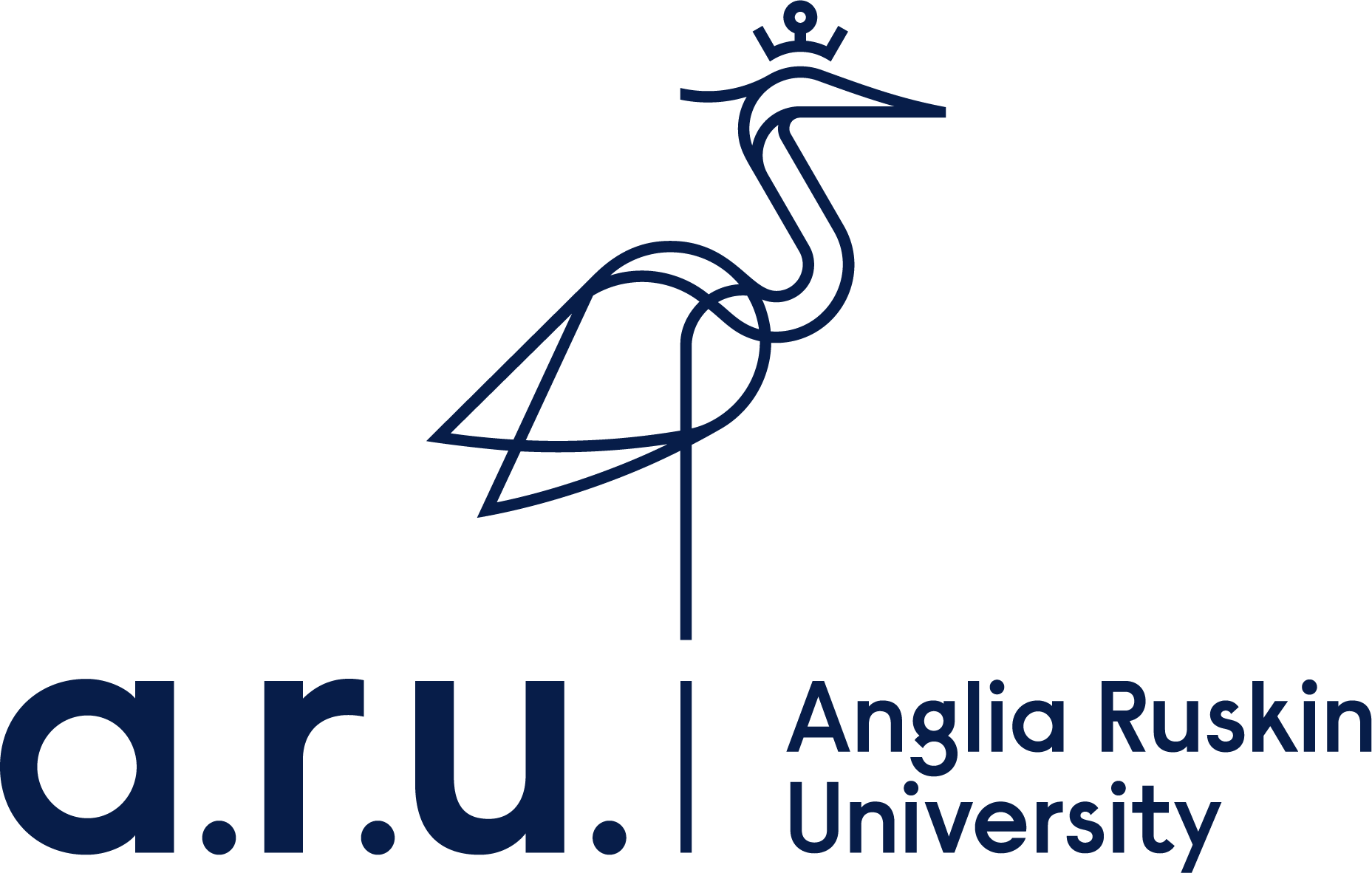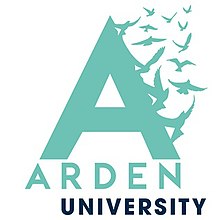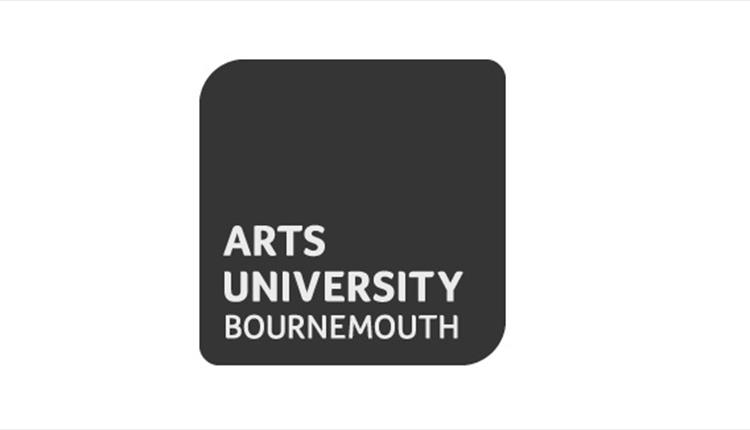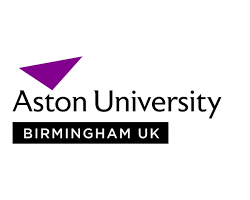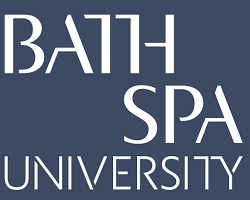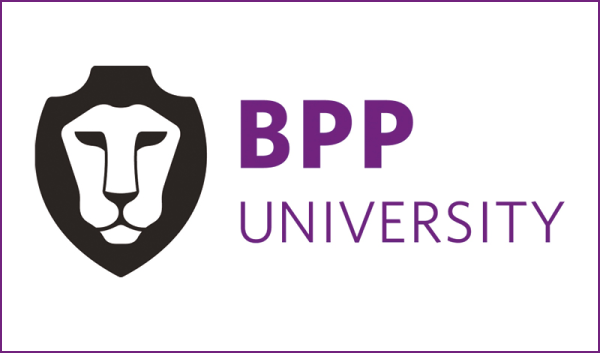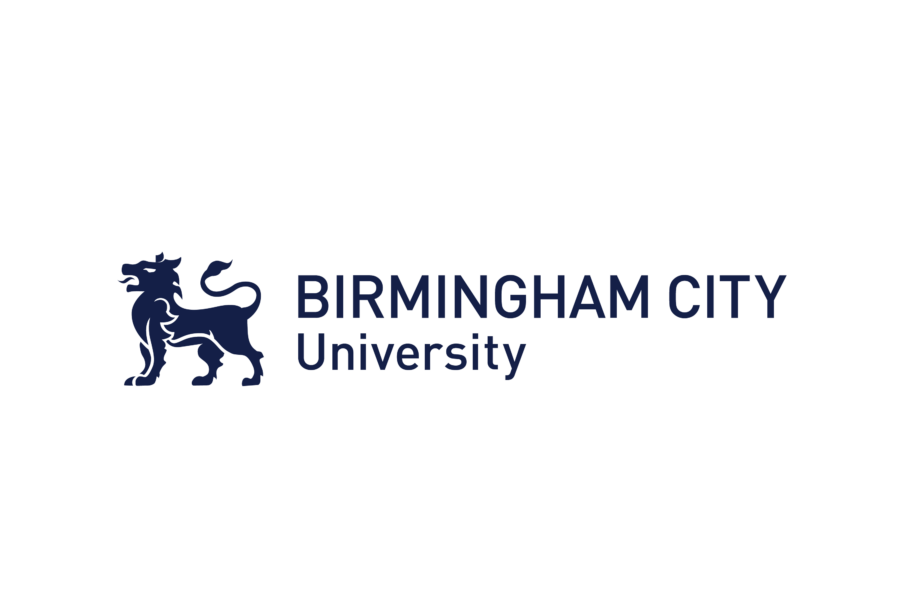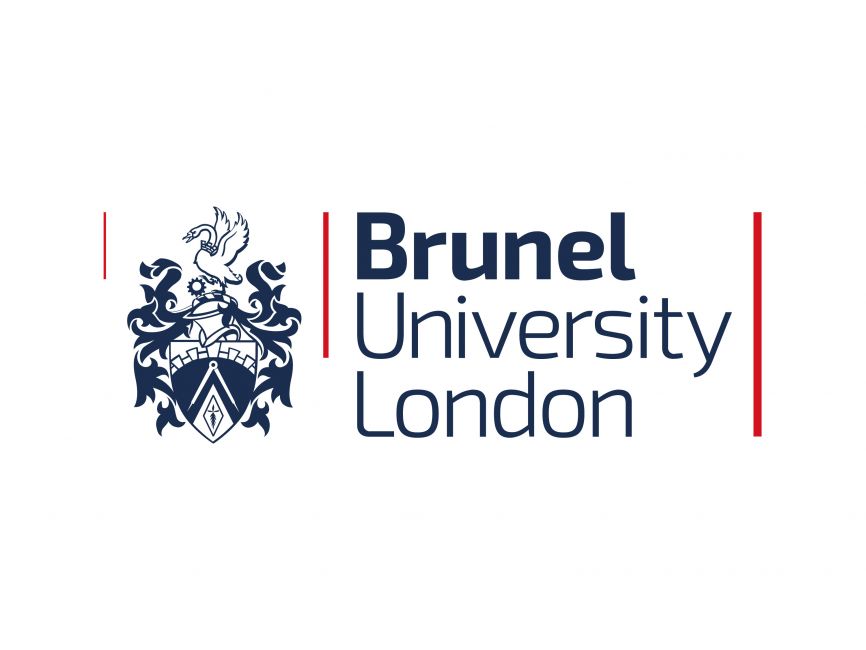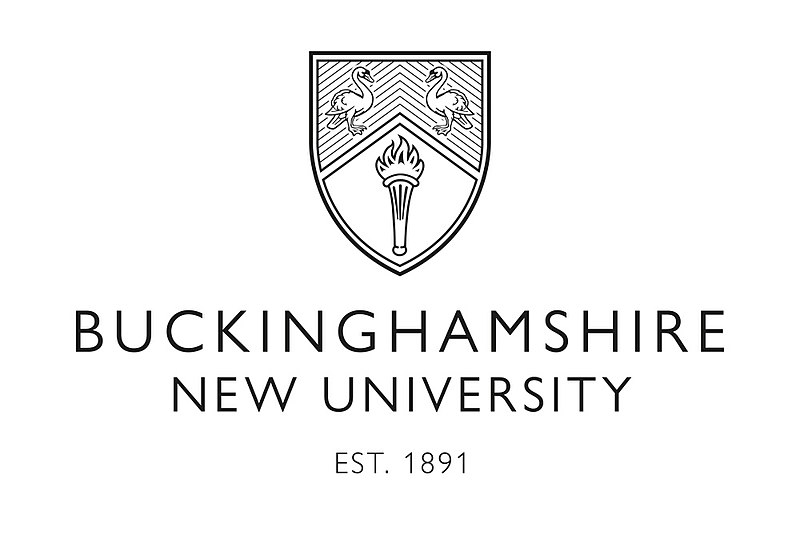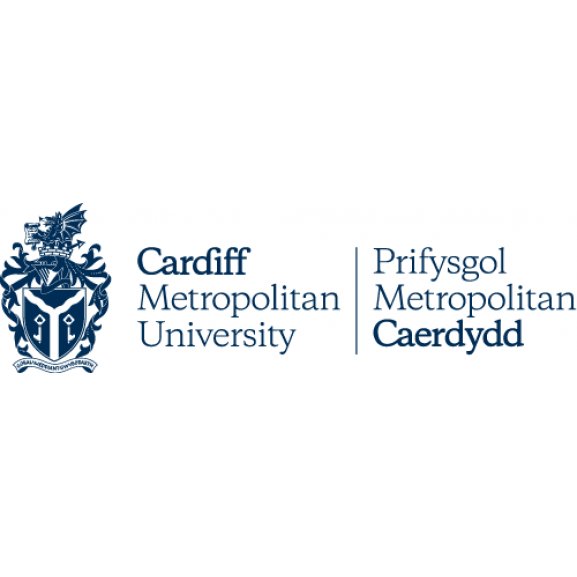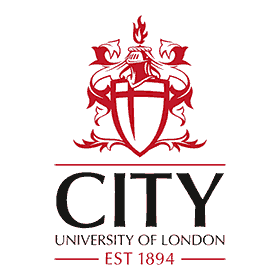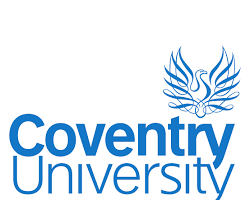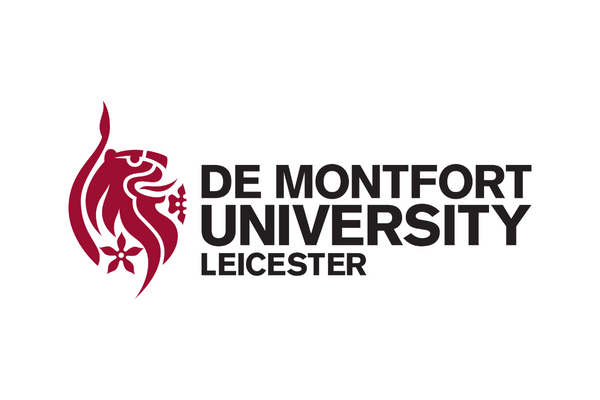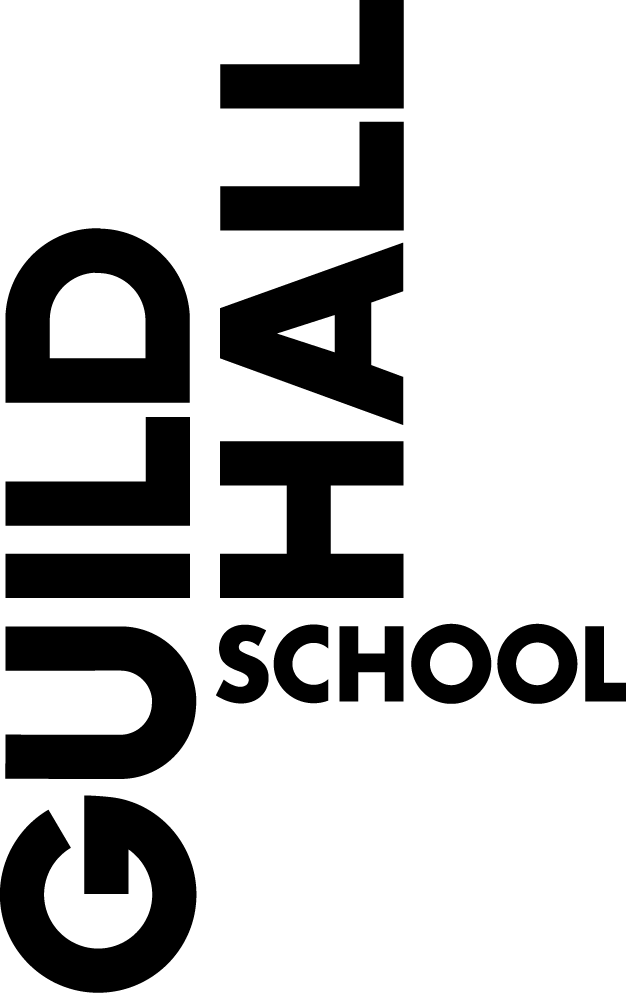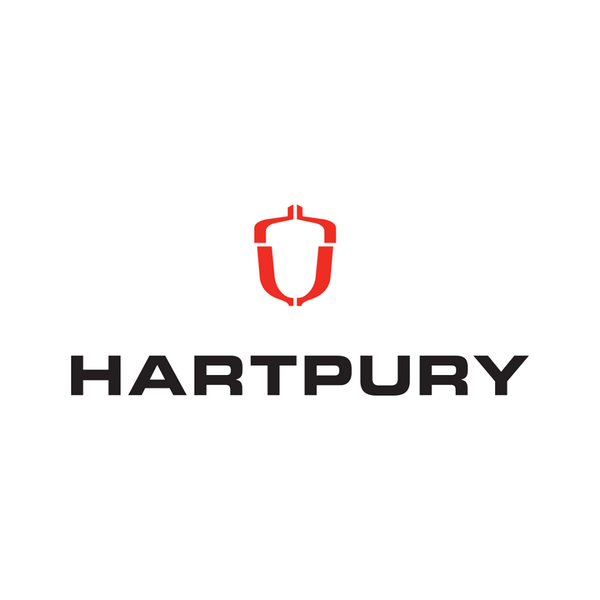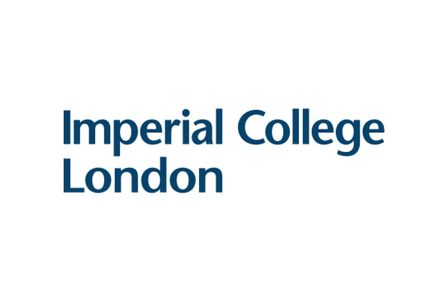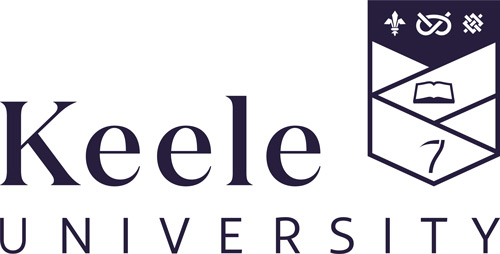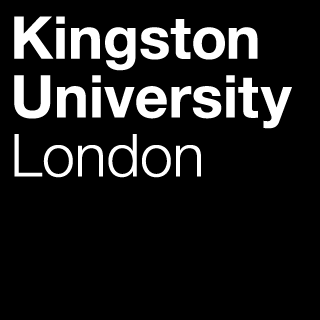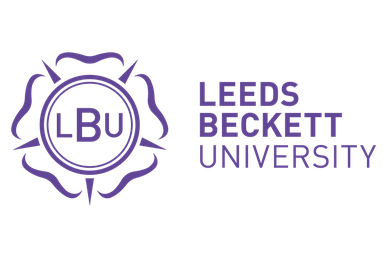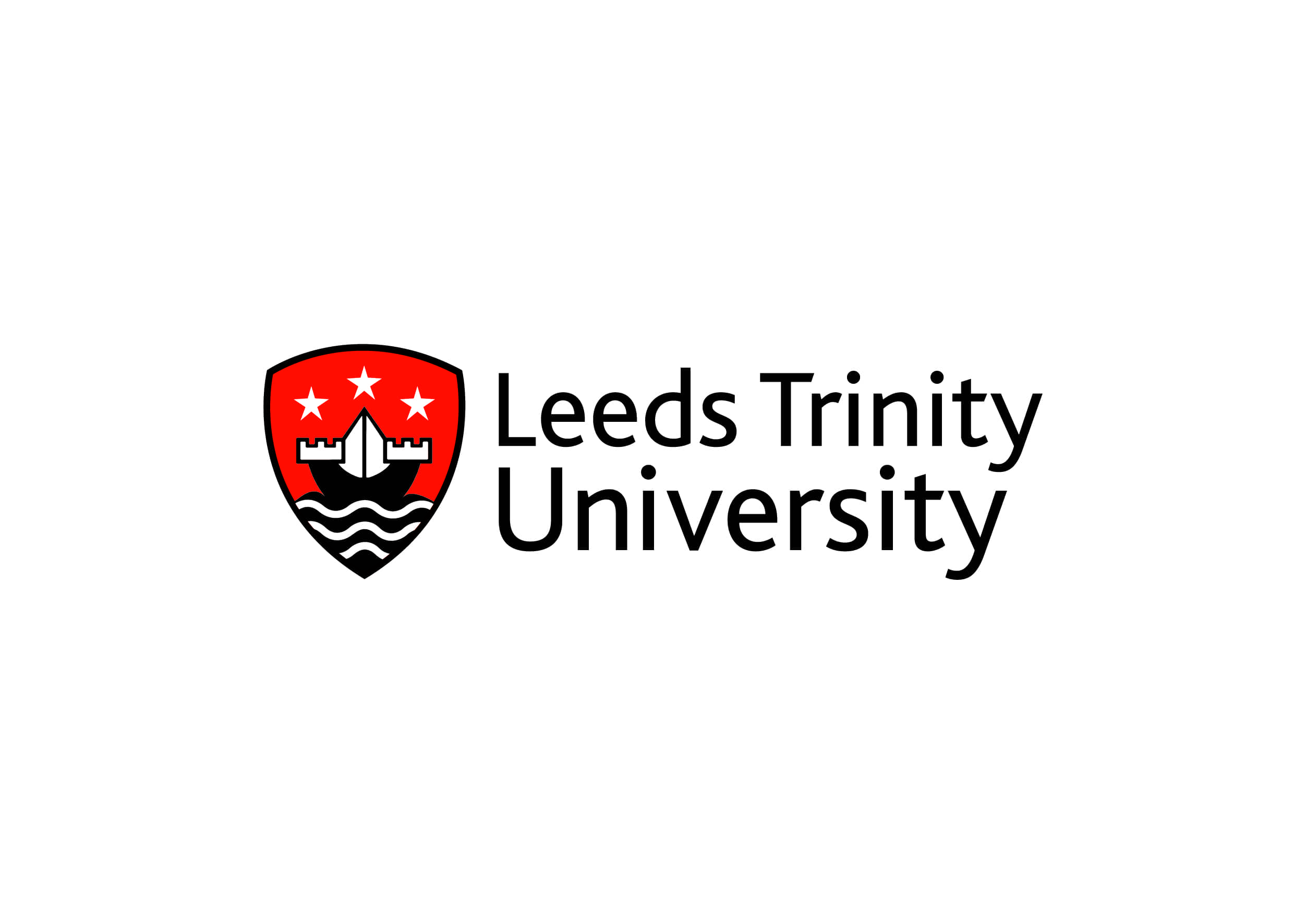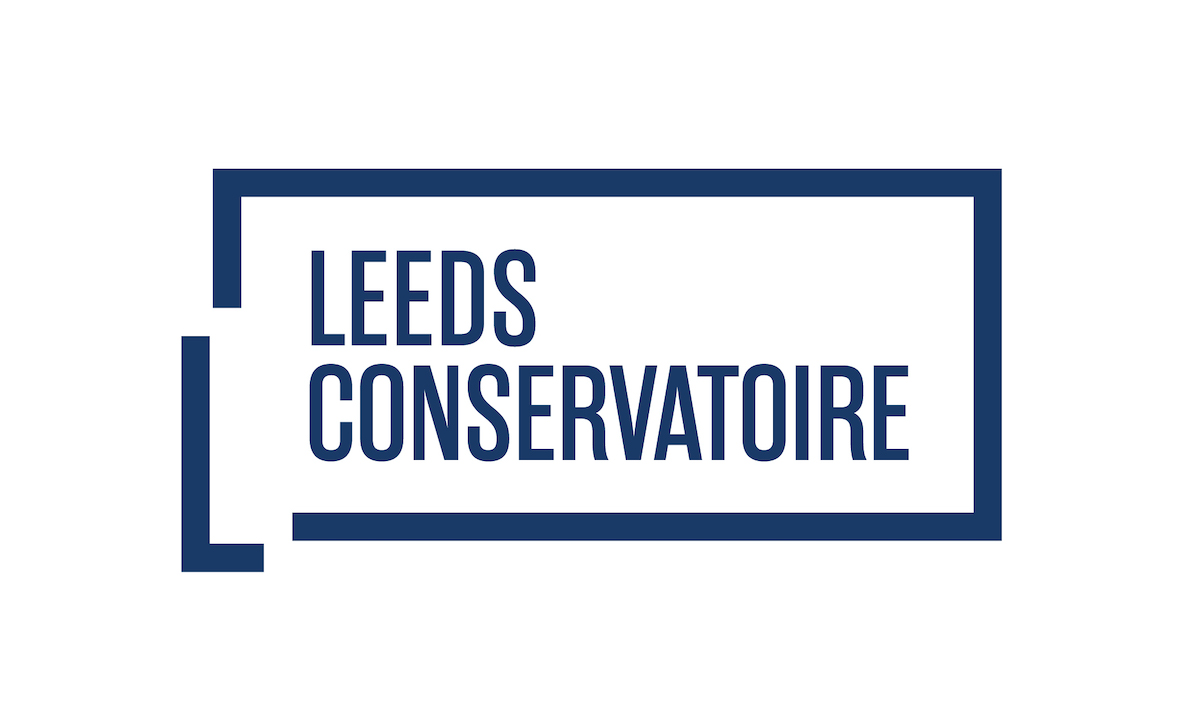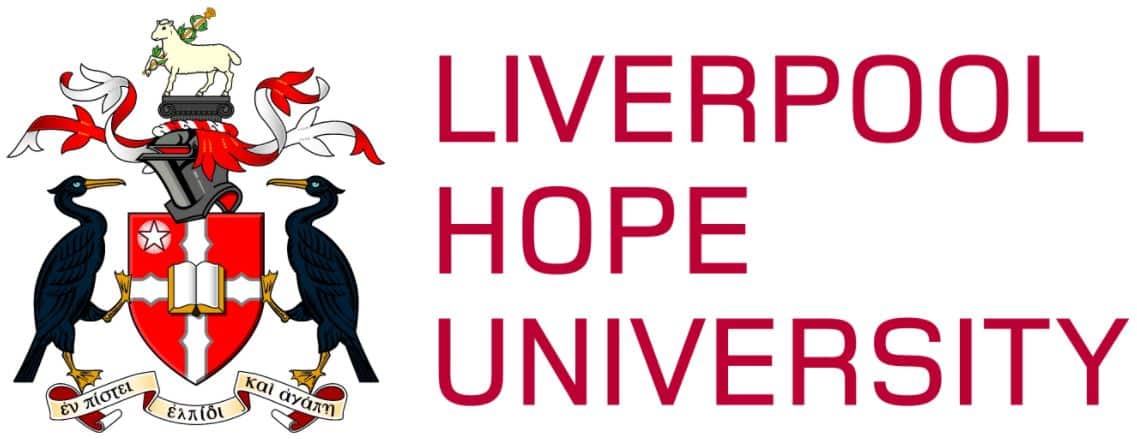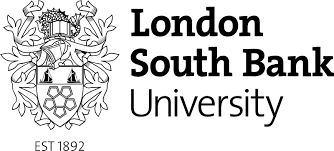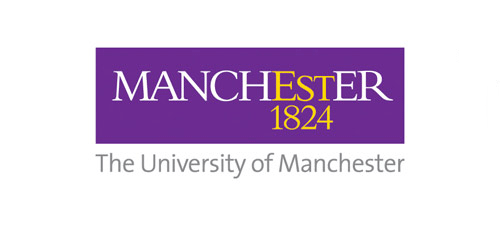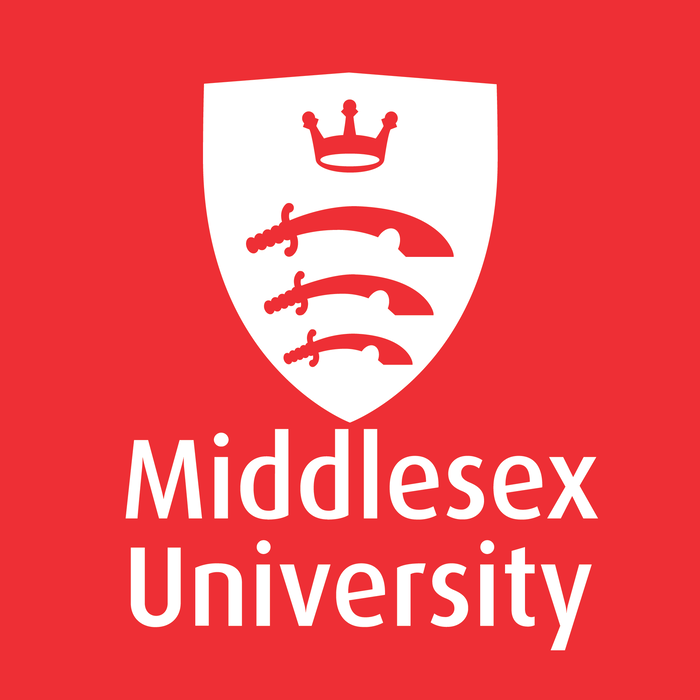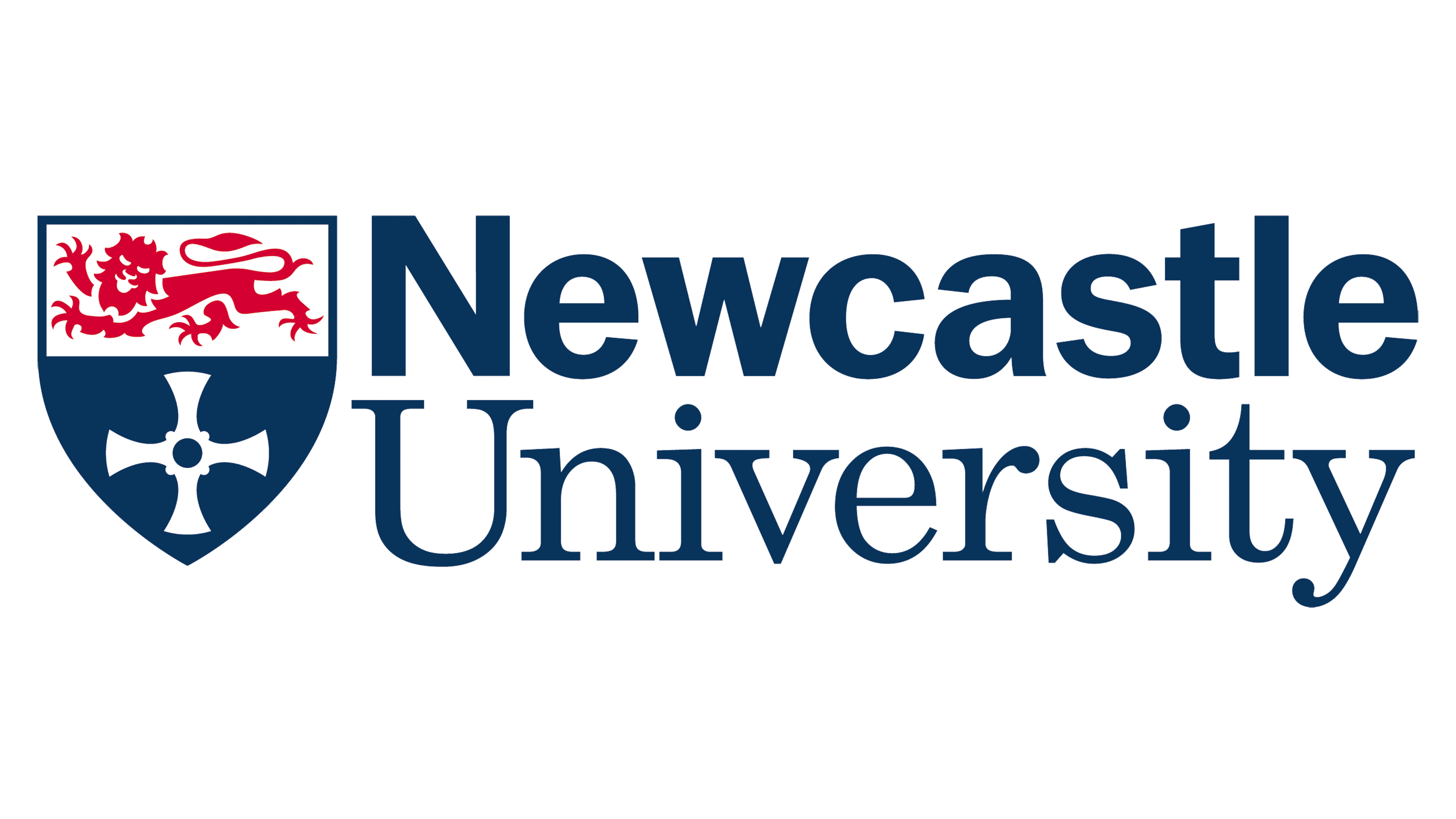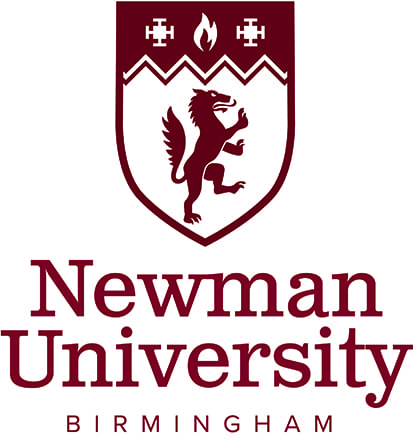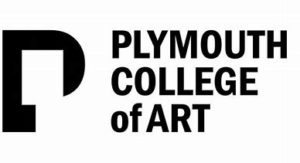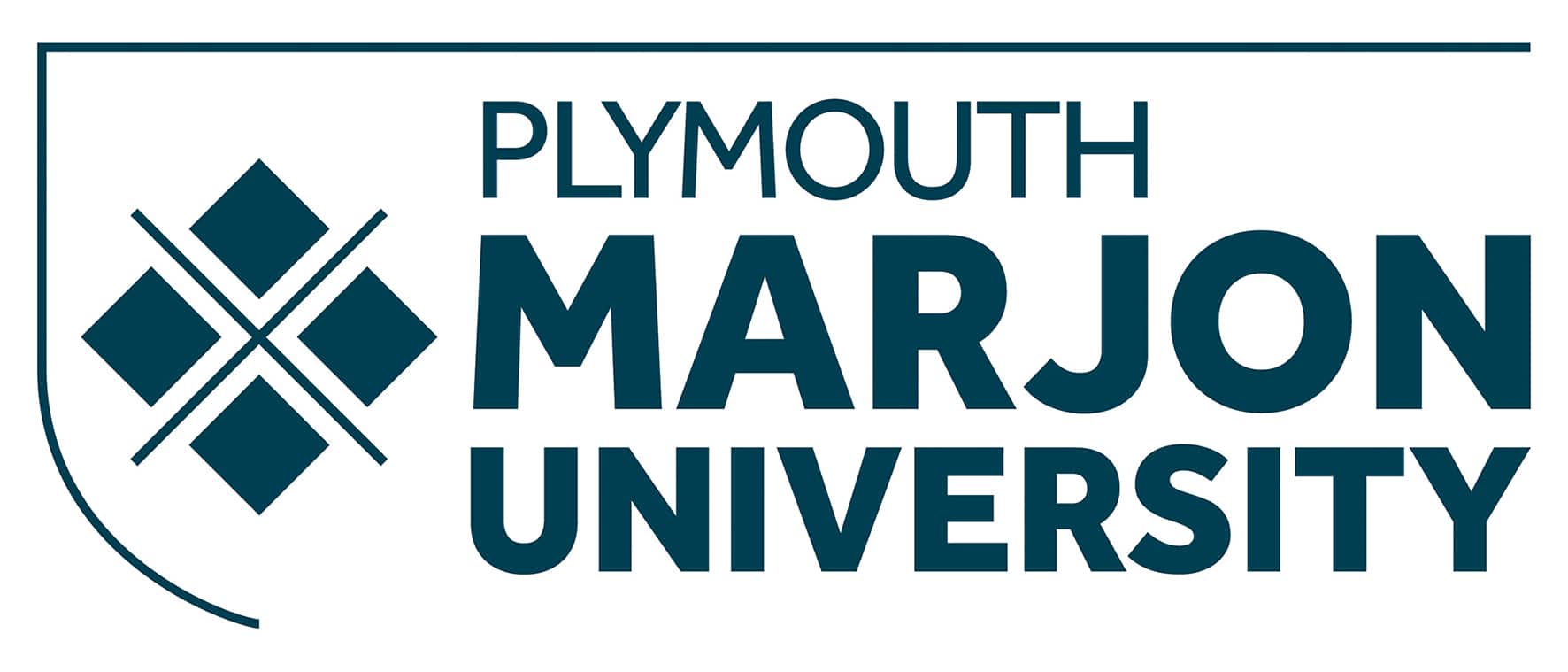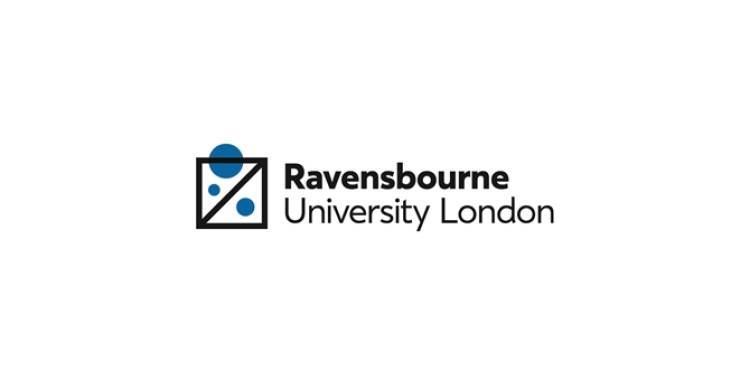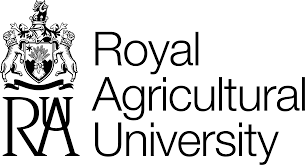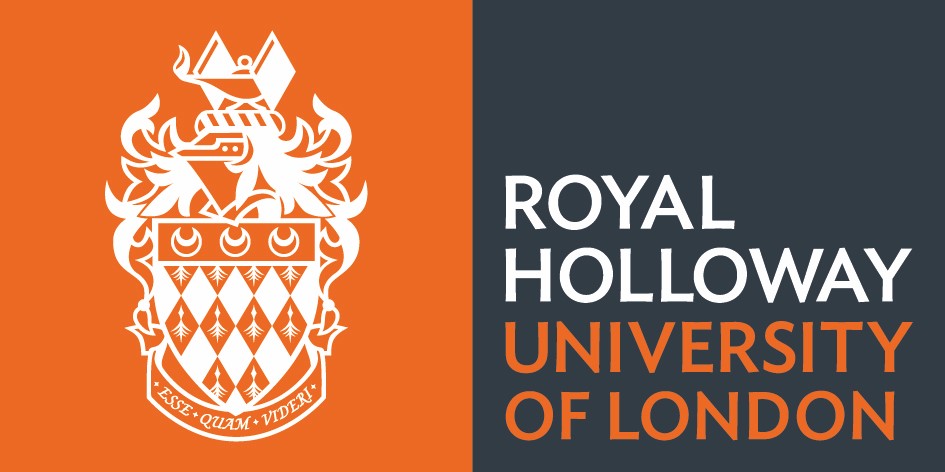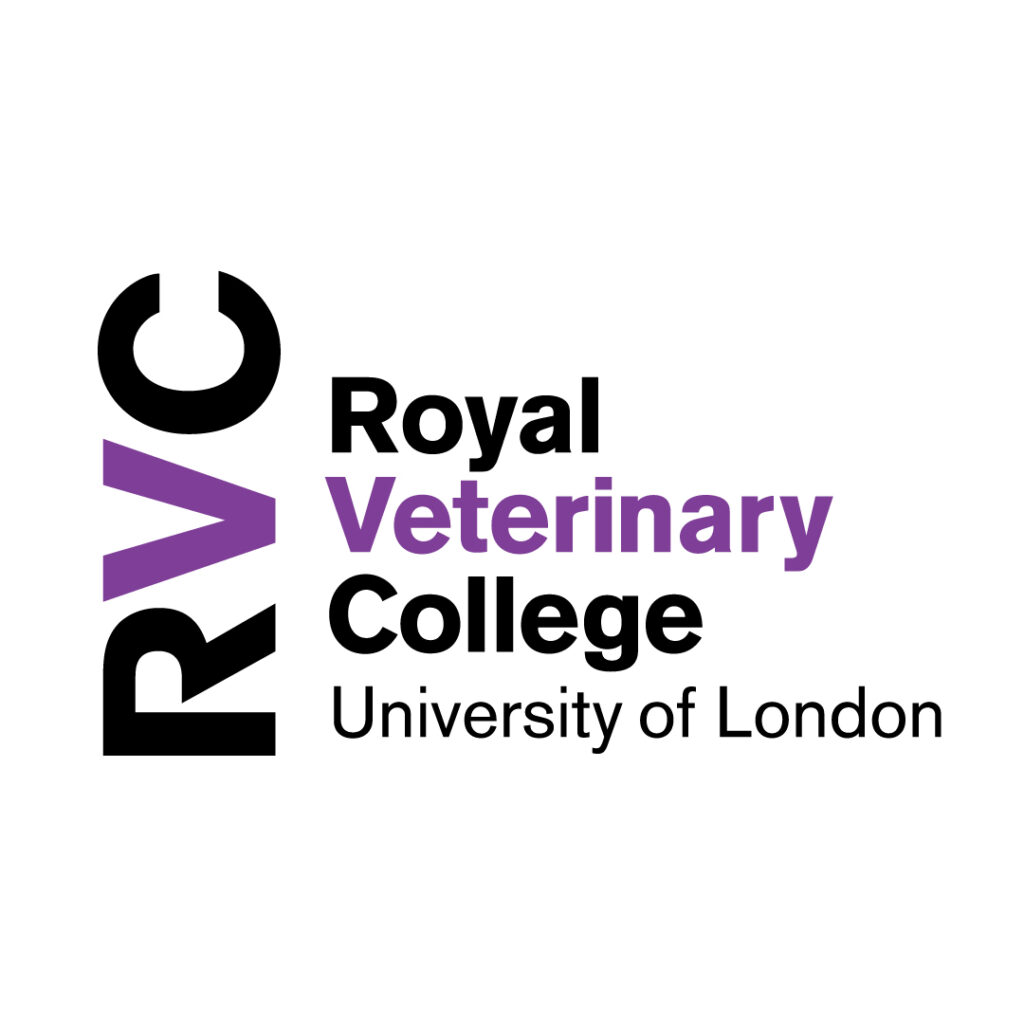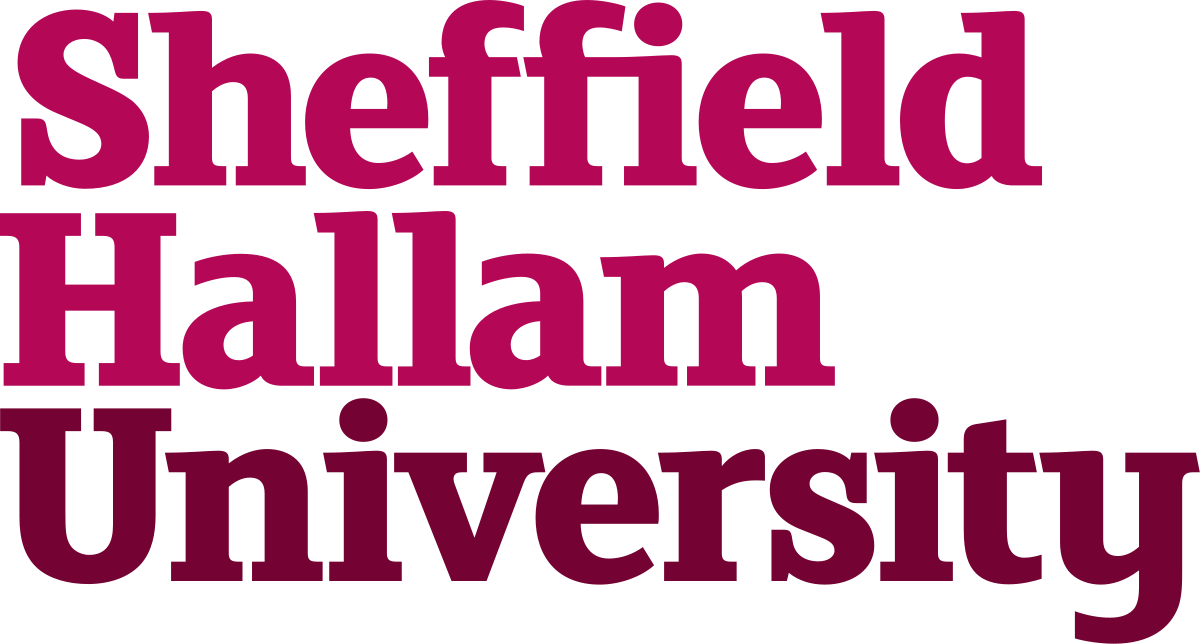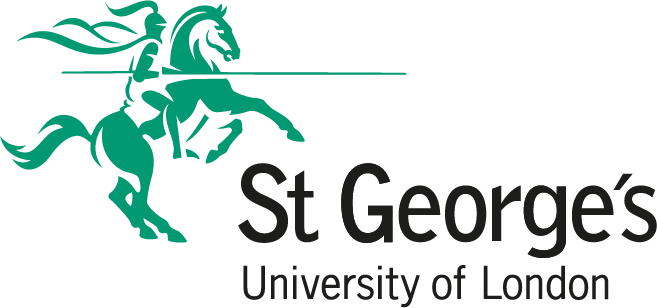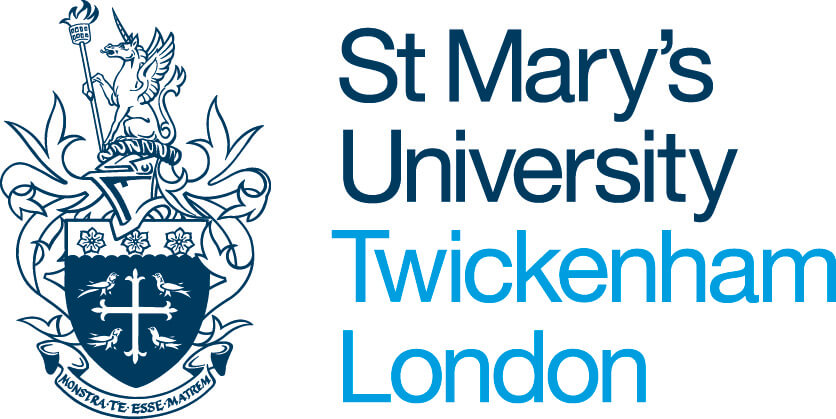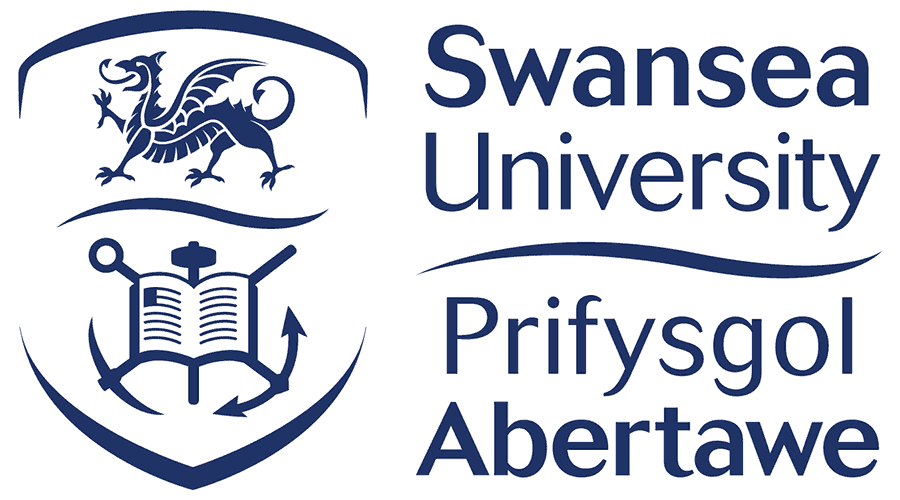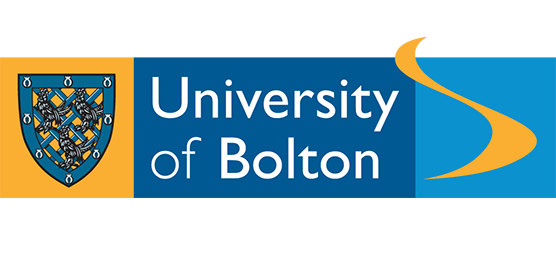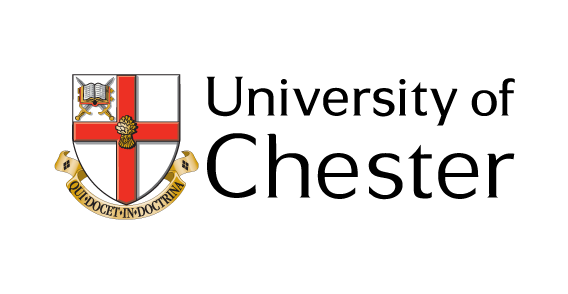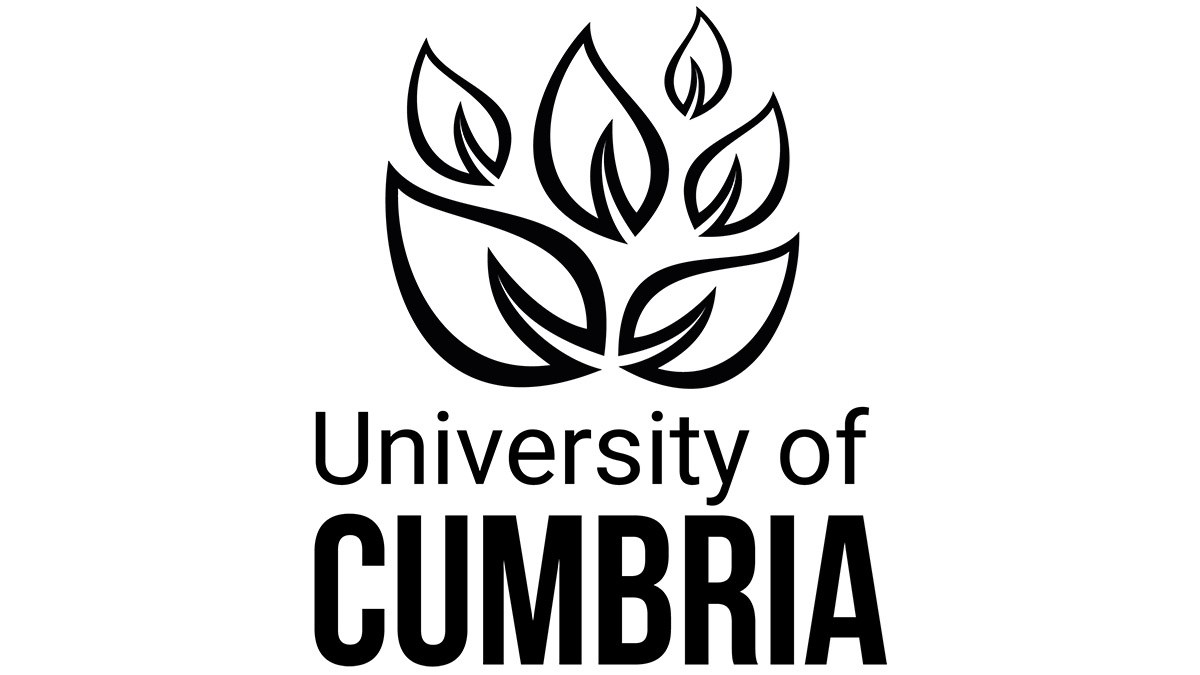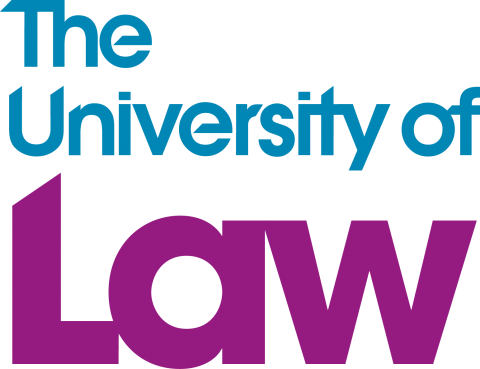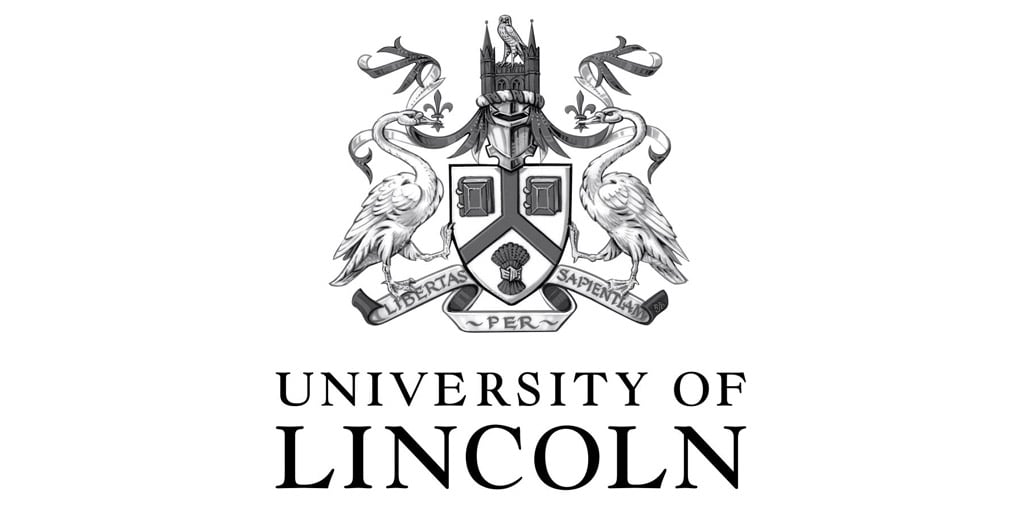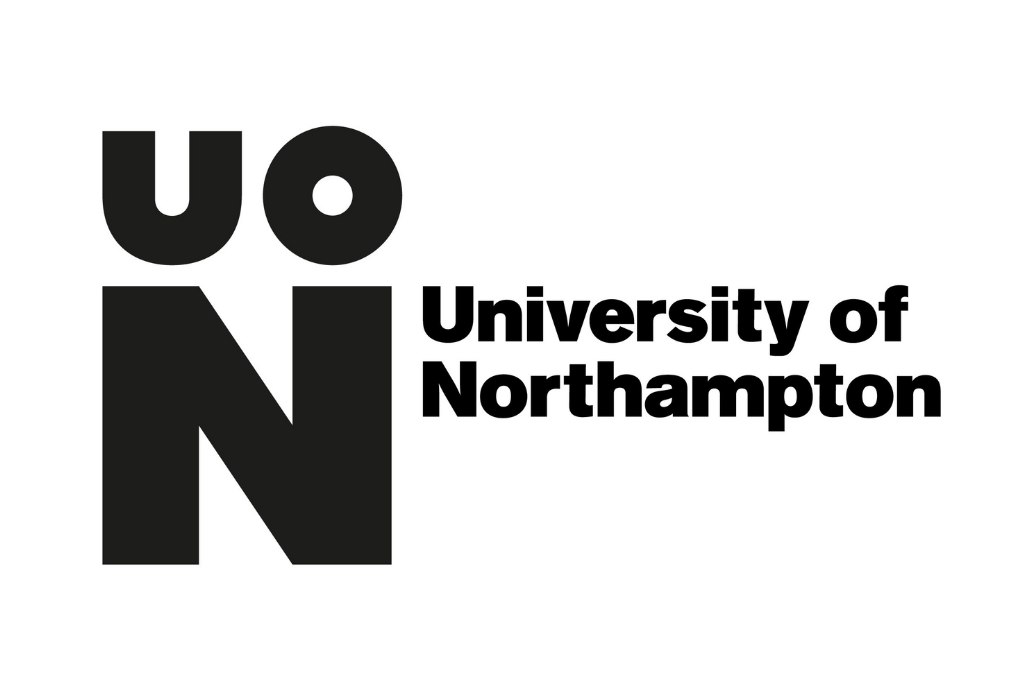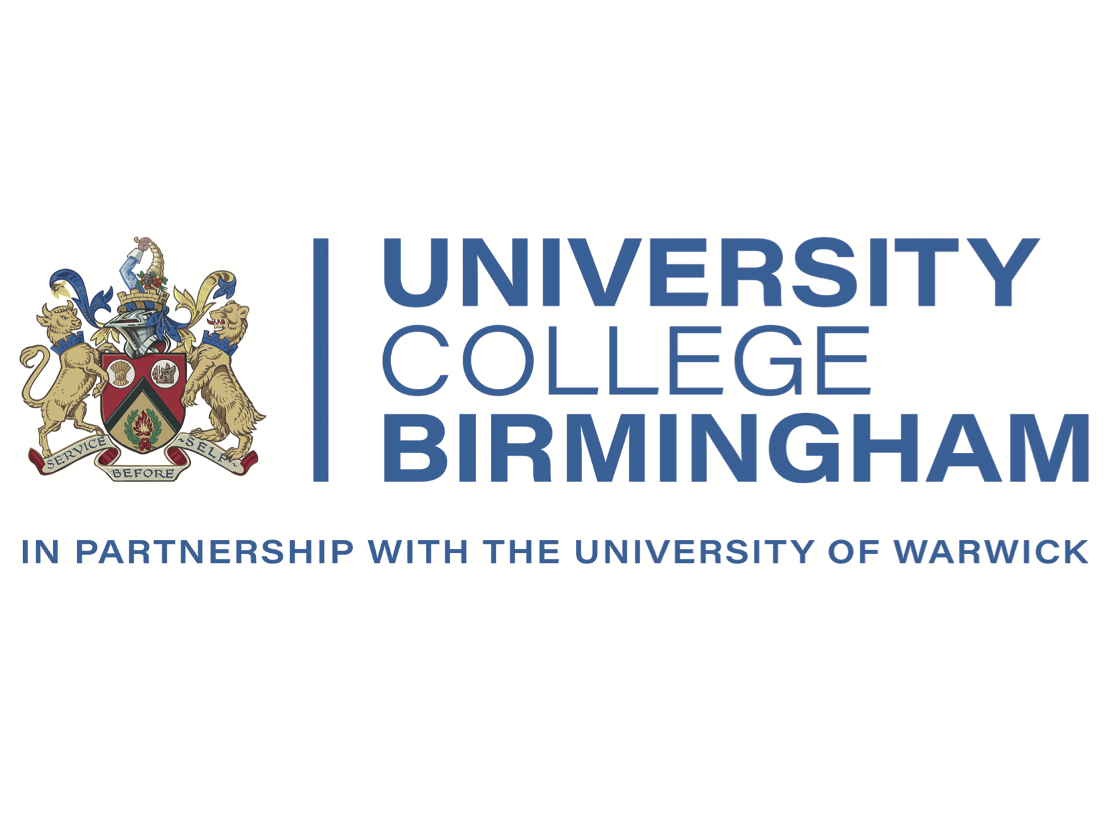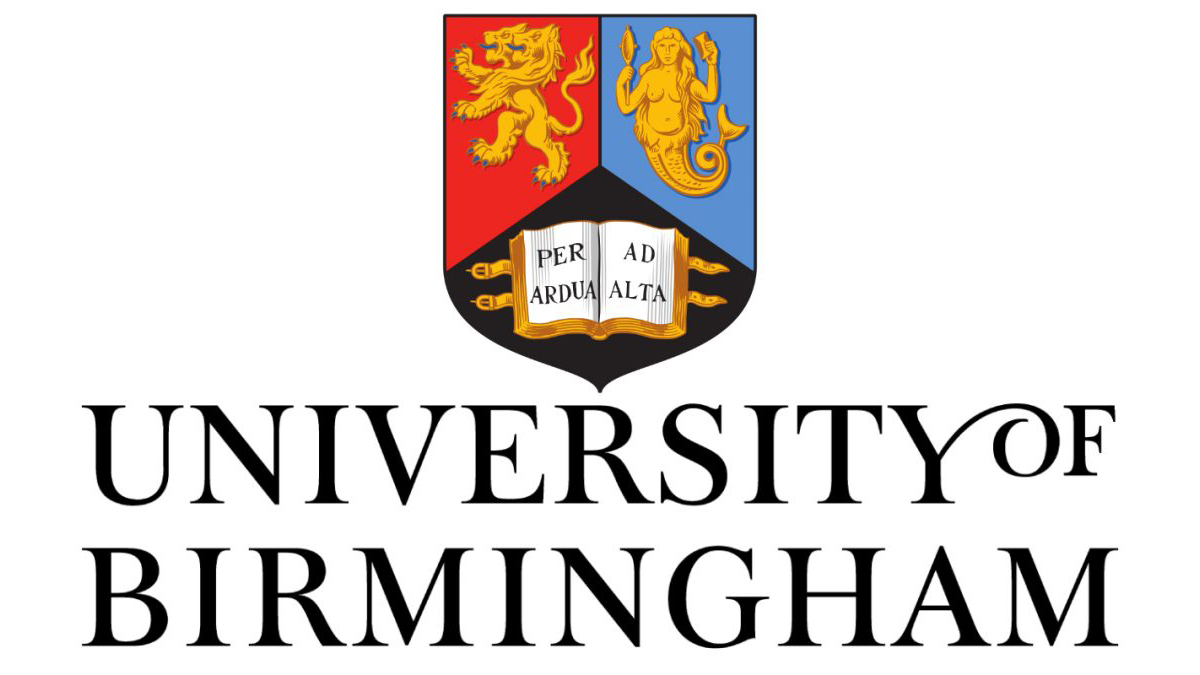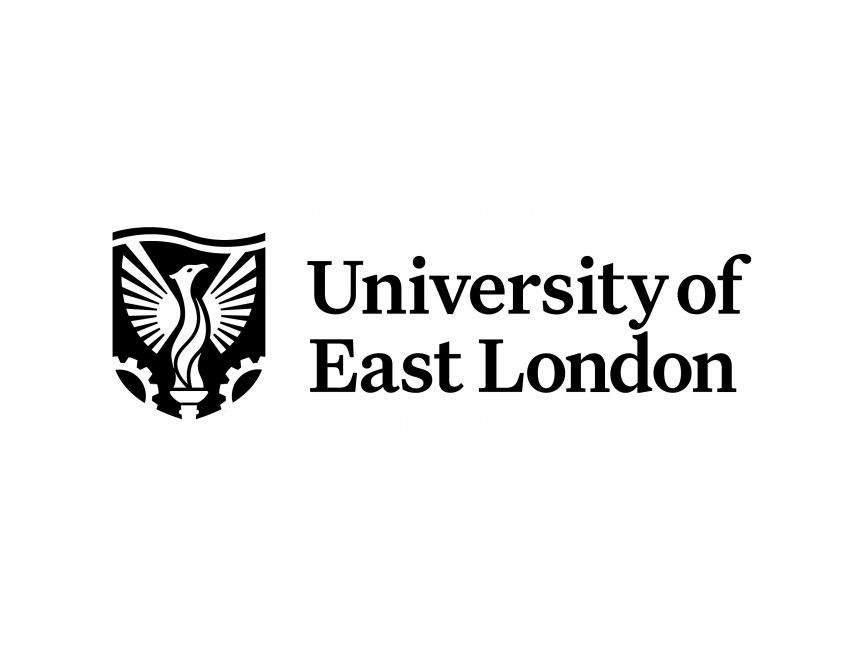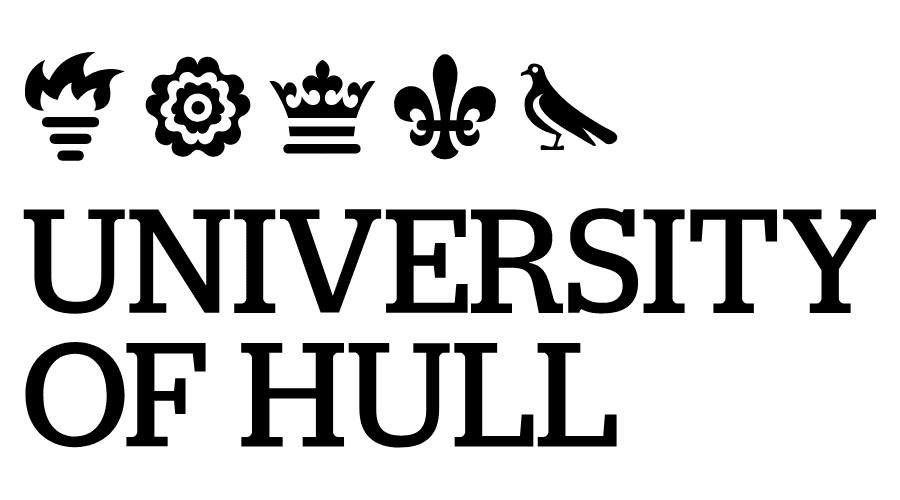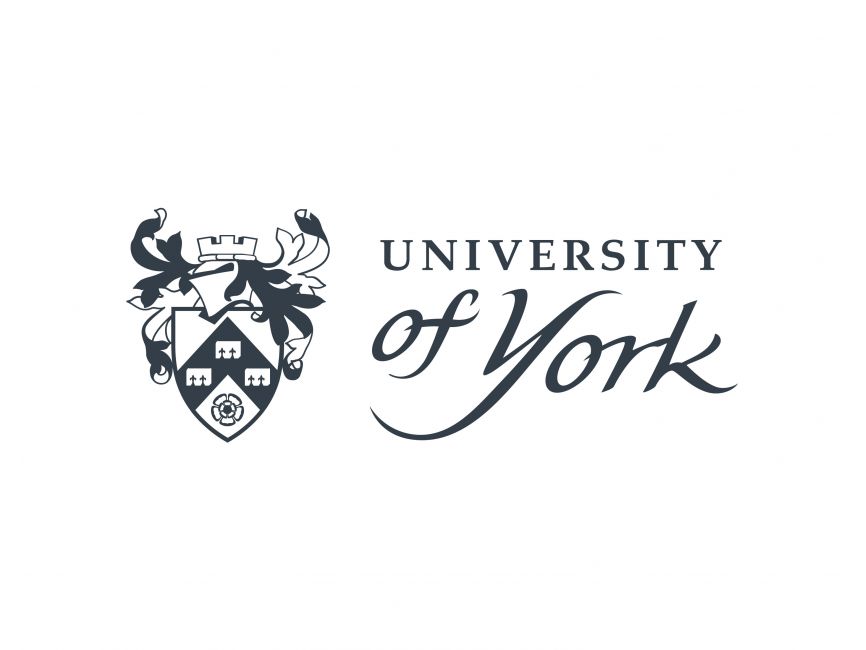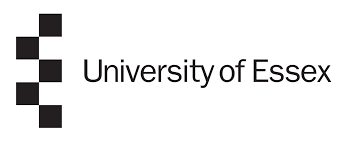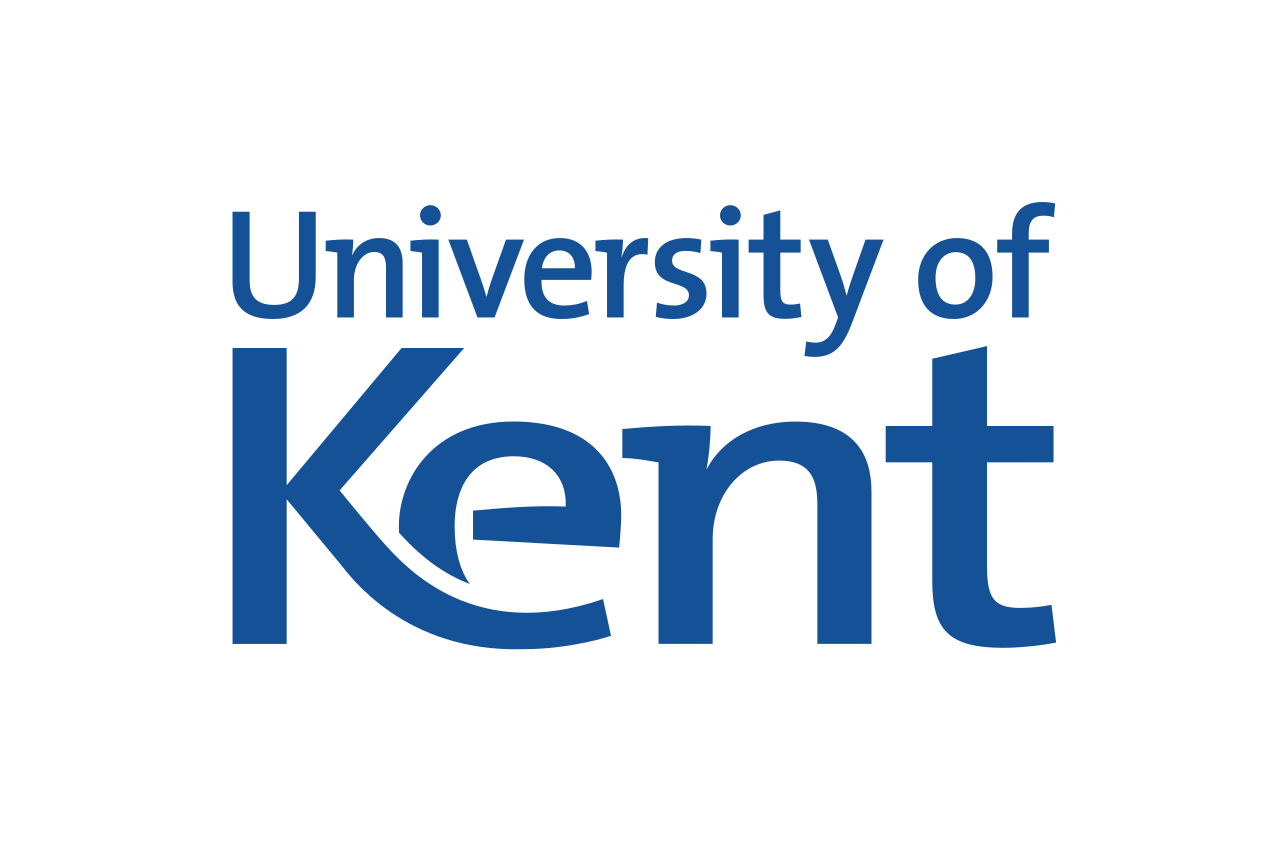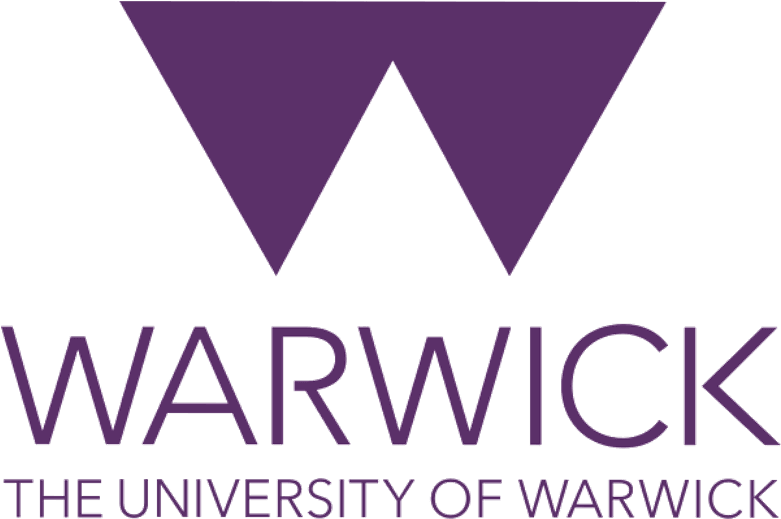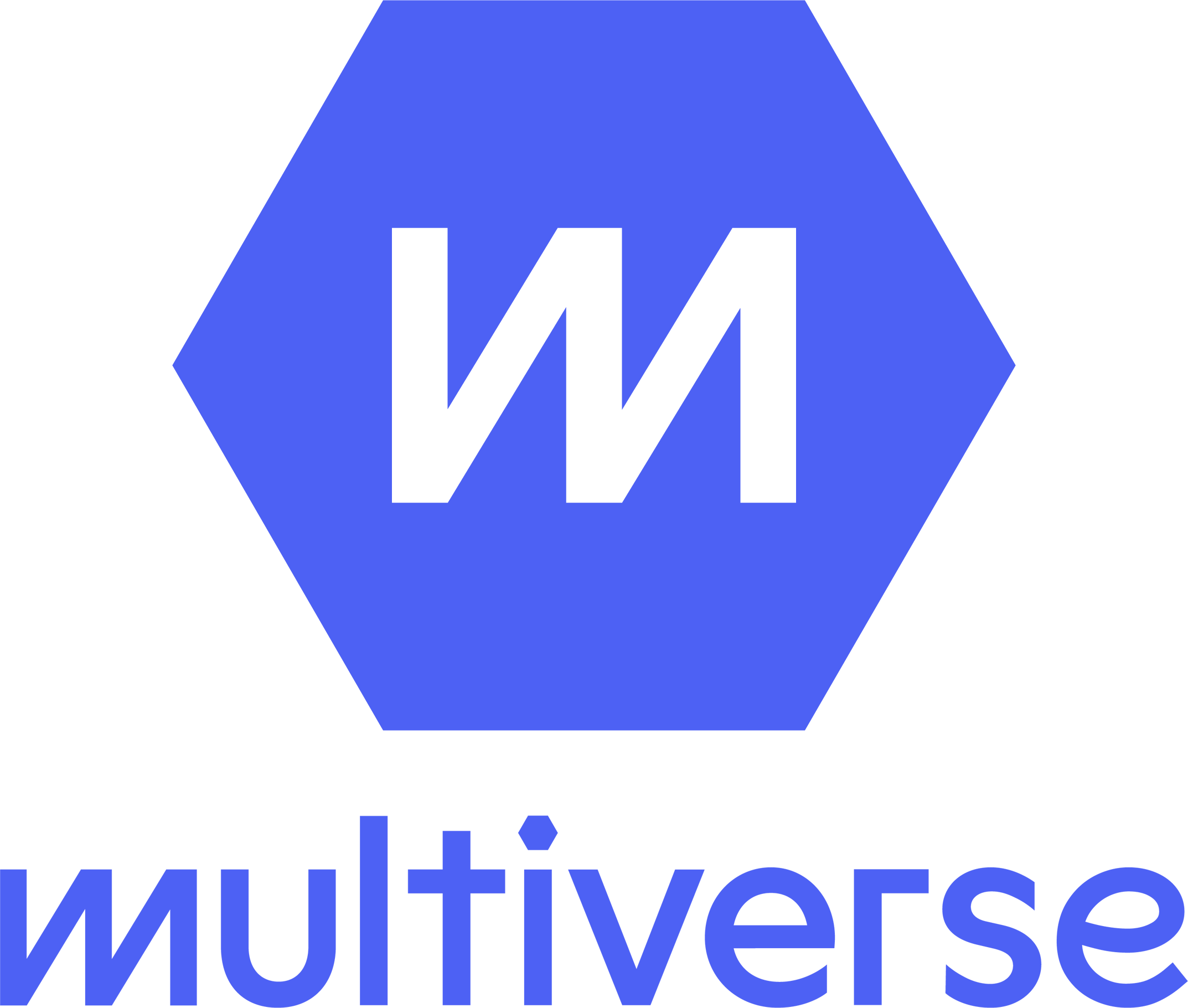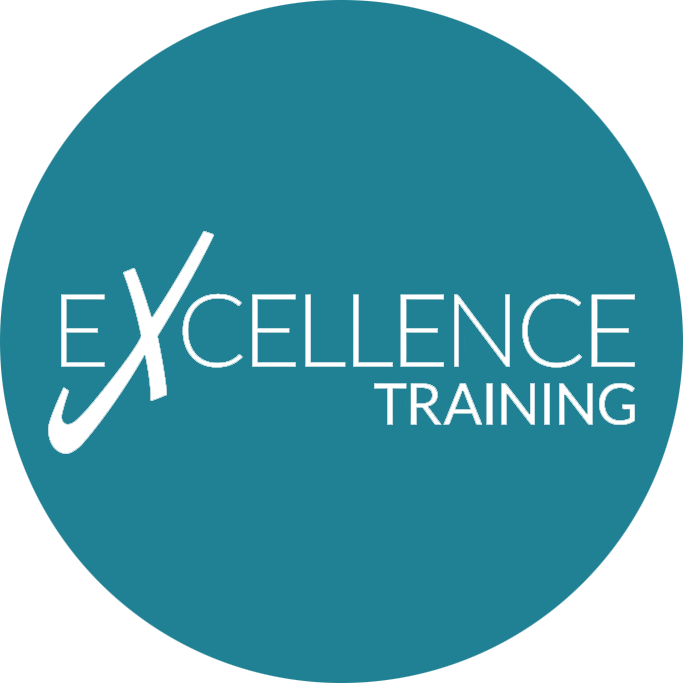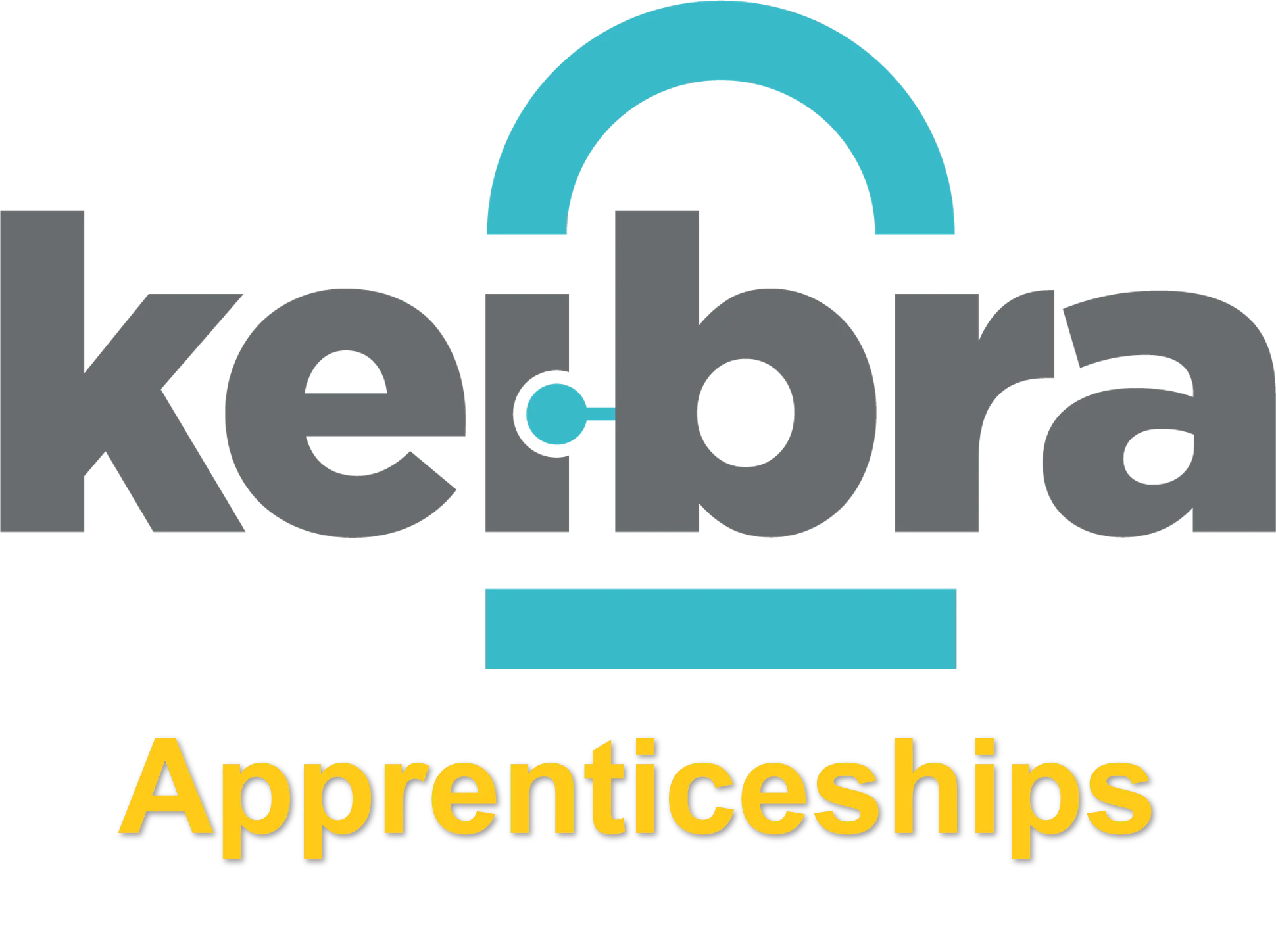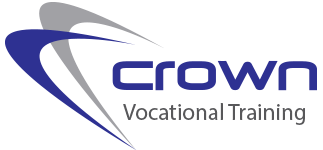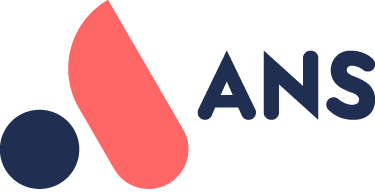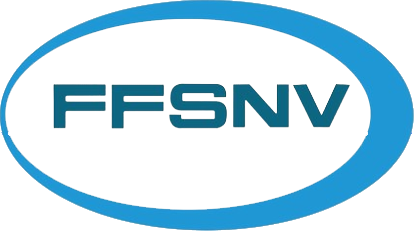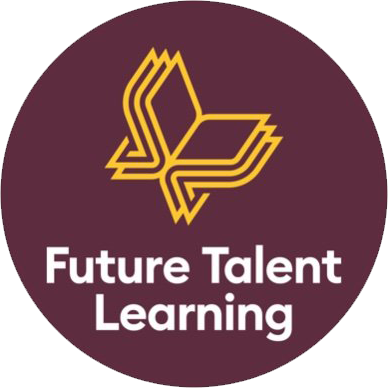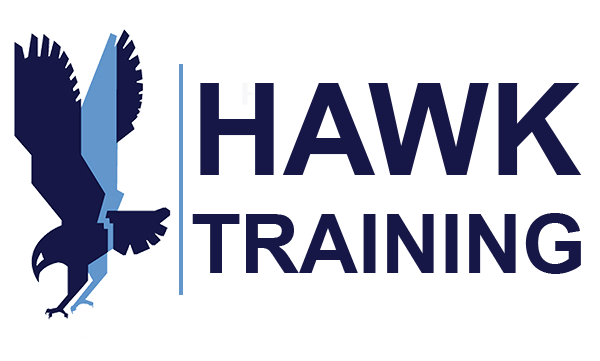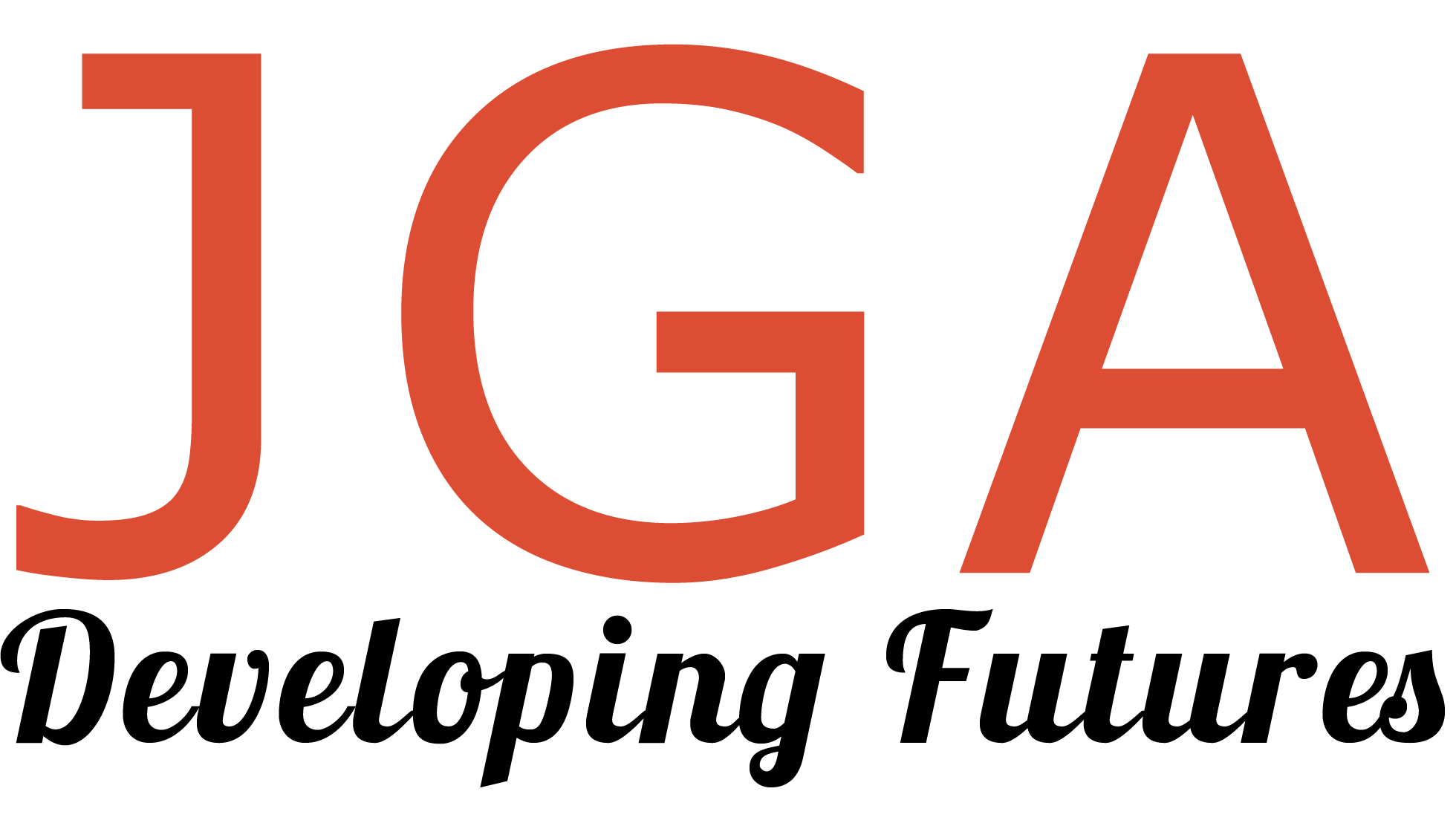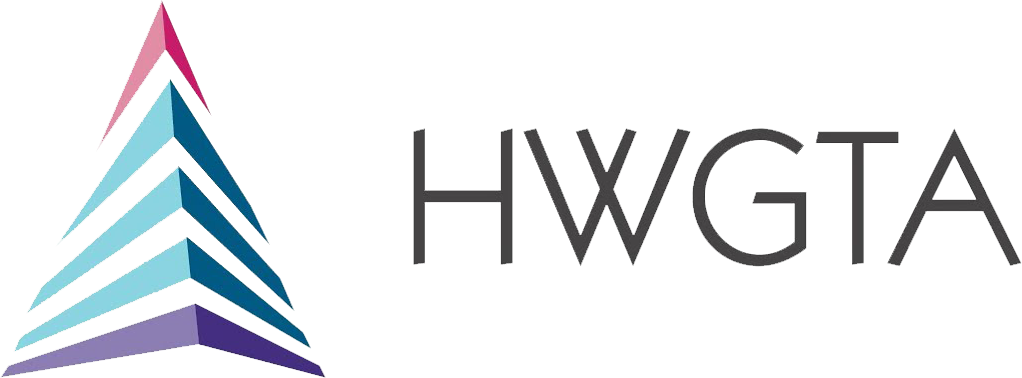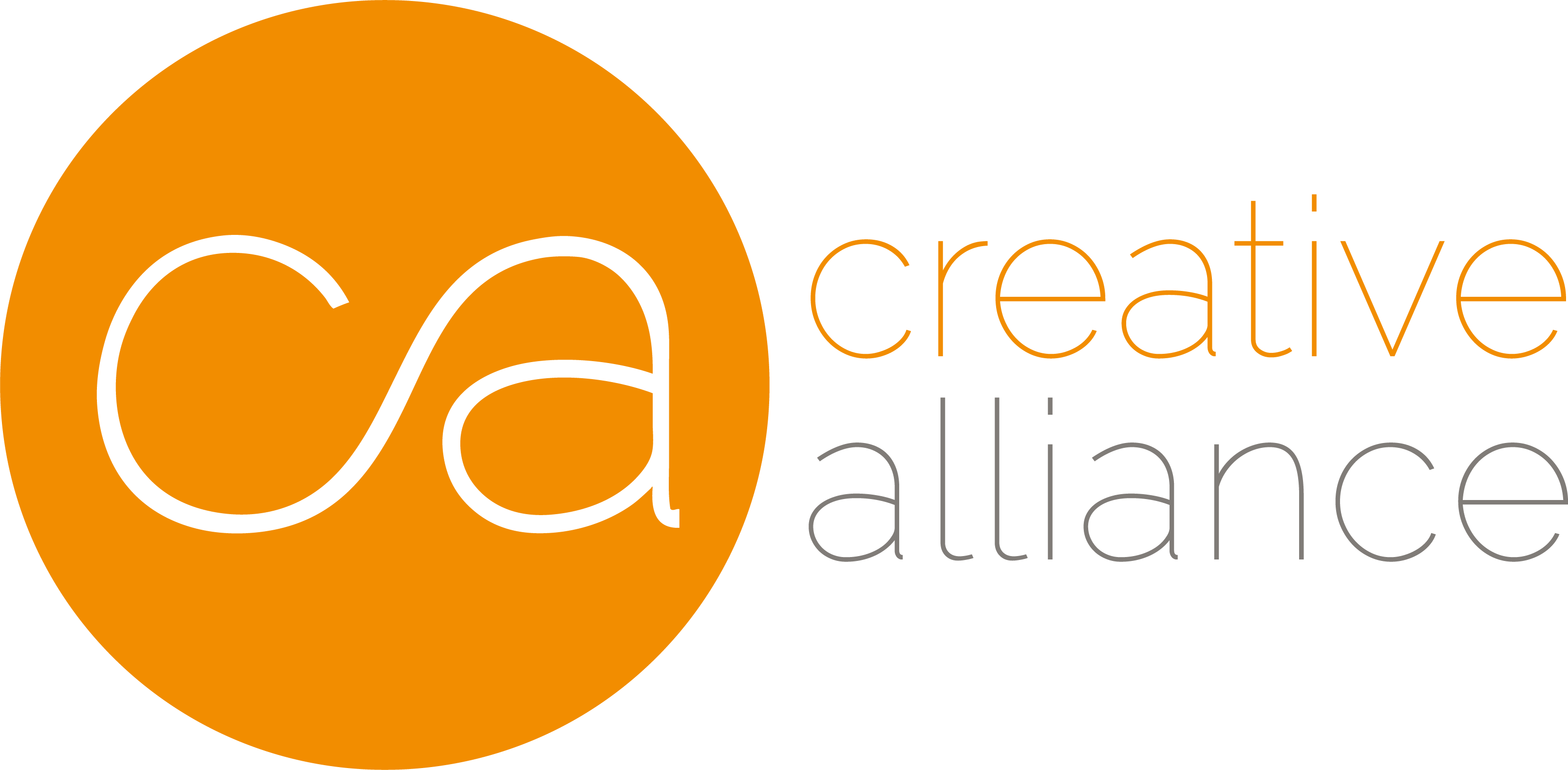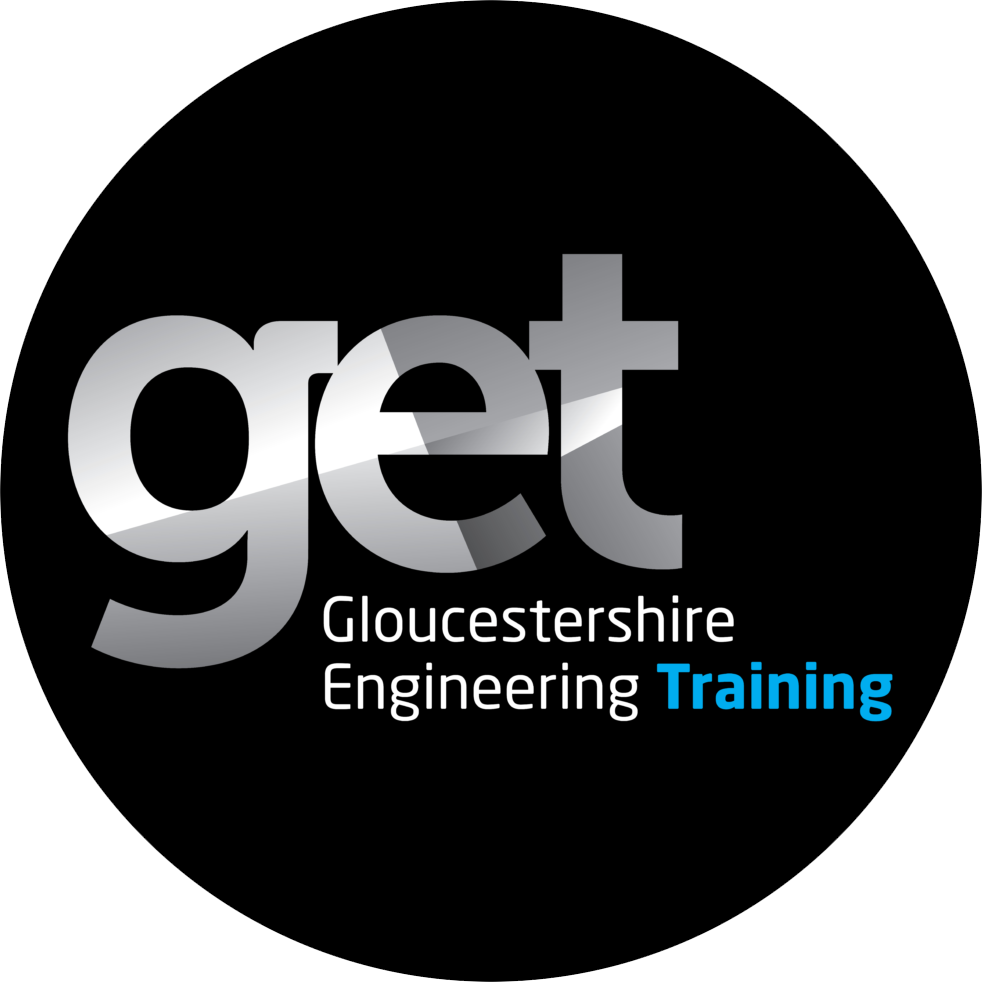
Why am I a slow reader?
Why do I get so overwhelmed?
Why is my memory so poor?
Why can't I focus on one thing at a time?
Why are written instructions hard to follow?
Do I have a learning disability?
Do I have ADHD?
Do I have autism?
For all those unanswered questions,
we'll help you connect the dots.
Take our neurodiversity questionnaire to reveal your strengths, challenges and neurodiversity traits,
to connect you to the support you need.
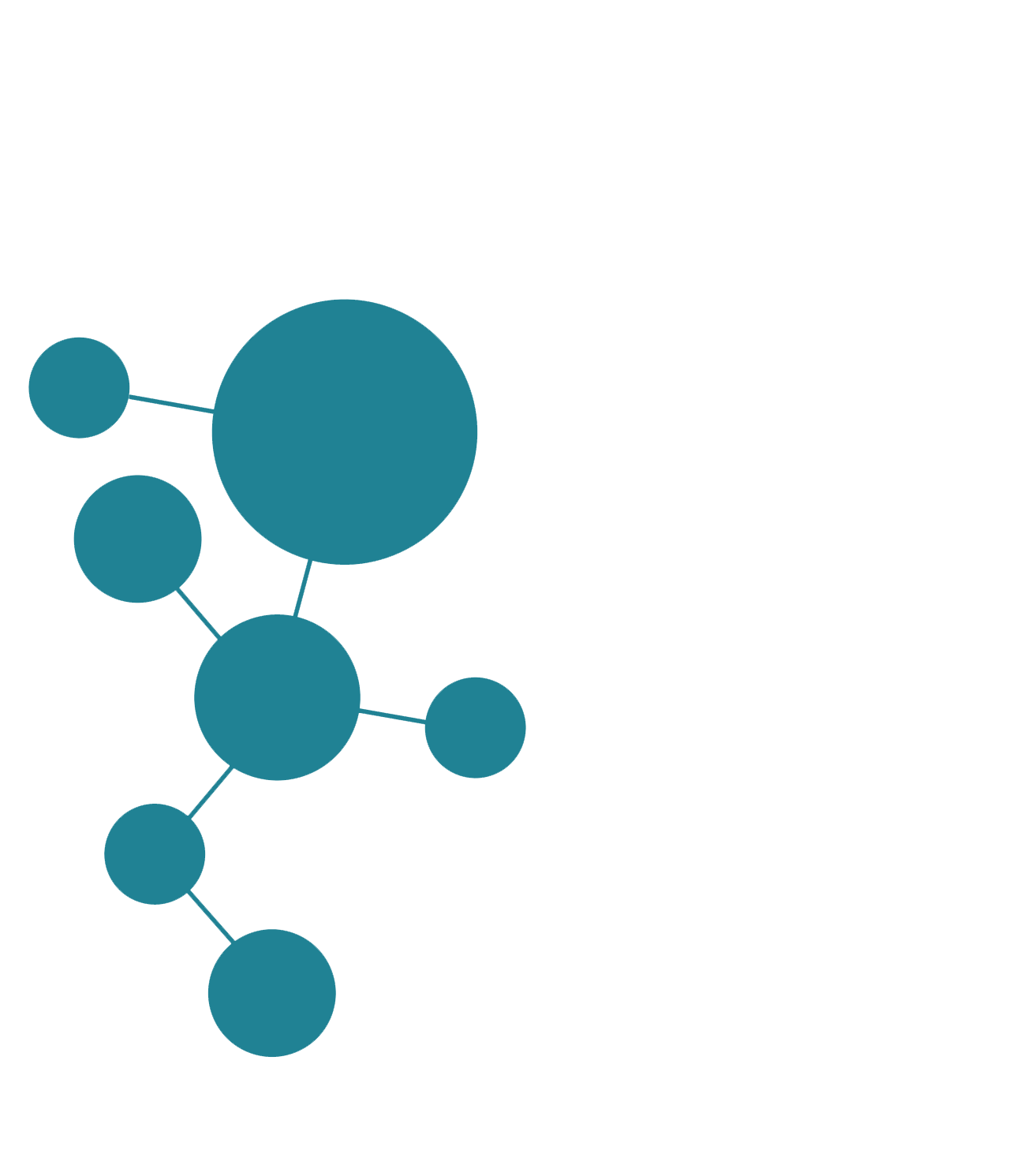
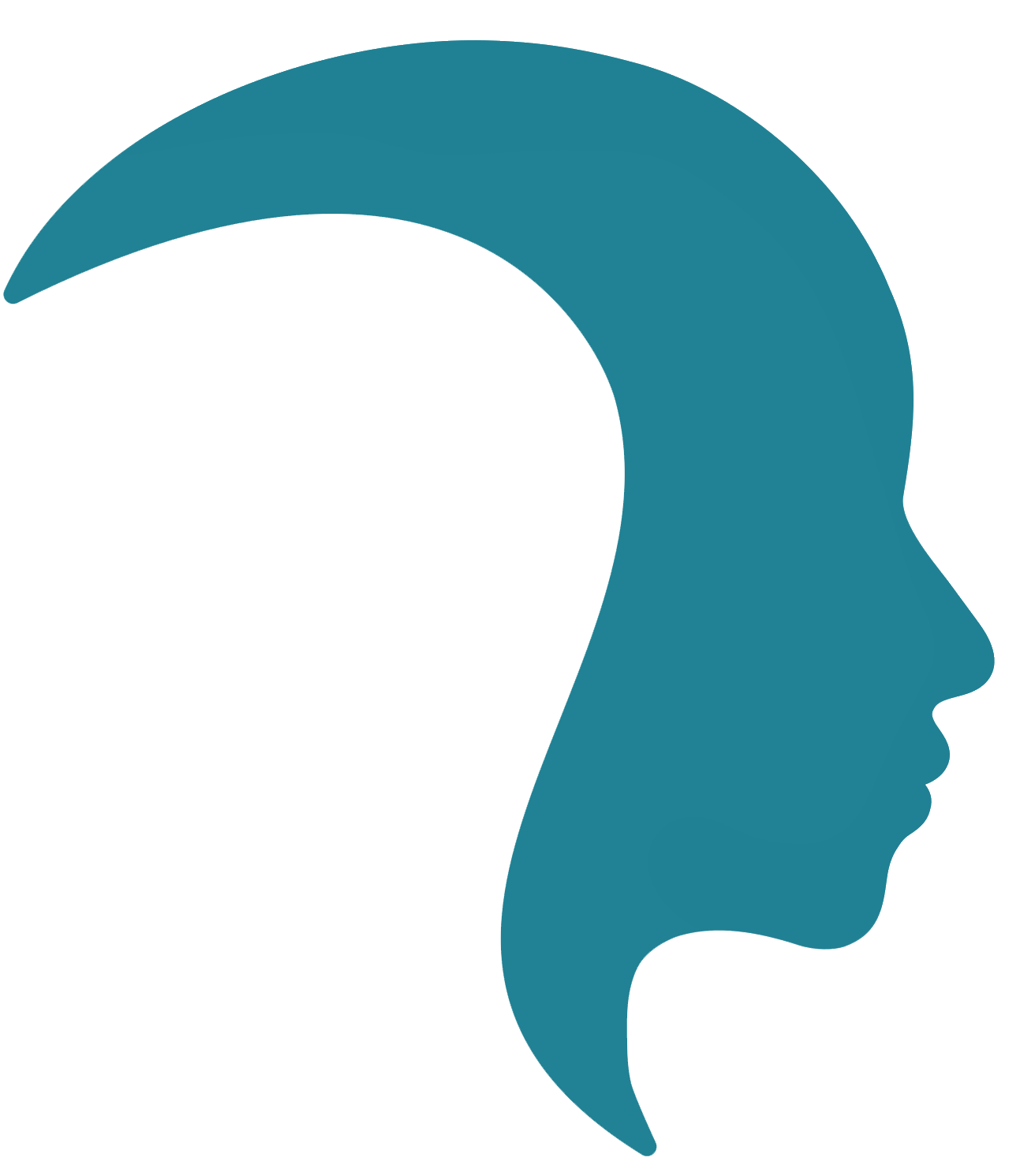
What do I need to do?
- Fill out our form*
- We'll send you a link to complete the neurodiversity questionnaire**
*For just £249(excl VAT) you receive a personal neurodiversity report and a tailored support plan
**The questionnaire takes 20-30 minutes to complete
What happens next?
- Download and review a copy of your neurodiversity report
- Our team will book you in for a 60 minute in-person online chat to walk you through the results and will then draw up your own personal support plan
Then what?
- You can either book a diagnostic assessment with our educational psychologist (the £249 fee will be deducted from the cost of the assessment)
- Or use your neurodiversity report as evidence to secure additional support or diagnosis elsewhere

Should I take a neurodiversity questionnaire?
If you've ever asked yourself any of the questions at the top of this page, you've been wondering why you come up against challenges and others don't, or questioning why you learn differently or struggle to cope.
If you haven't already heard about neurodiversity, it's a term to help us understand how and why we experience, learn, communicate or process information differently.
It's the umbrella that dyslexia, dyscalculia, dyspraxia, ADHD and autism, to name a few, all huddle under.
In general, we're either neurotypical or neurodiverse but the truth is, we all learn and experience the world in a way unique to us.
Do I have a learning disability? is no longer a valid question to ask. Do I learn differently? is.
The label of disabled is now celebrated as differently abled. And rightly so. Neurotypical and neurodiverse differences are widely recognised as the much needed fuel for productivity, creativity and innovation. And because of this long-awaited recognition, no one needs to feel embarrassed to be different or raise their hand for help.
What steps do I need to take to identify and overcome the challenges I face?
First Step: take our detailed questionnaire to identify your strengths and challenges, and the ways your brain best responds to learning and communication. By diving into how your brain functions, we gain a better understanding of how we learn, why we struggle and where we thrive.
Second Step: put in place the right environment and support that cheerleads your brain's preferred way of working instead of putting barriers in the way, because let's face it, it can feel like wading through mud everyday. Neurodiversity is no longer a challenge you have to overcome but a strength you can harness.
Want to discover your neurodifferences?
How will taking the neurodiversity questionnaire help me?
For all those questions that won't leave you in peace, it'll be like turning on that metaphorical lightbulb and seeing that there are no monsters lurking in the dark.
If you feel you're struggling in education, at work or with everyday tasks at home, it will provide reassurance and guidance to help you connect the dots between your strengths and challenges, and adapt to ways of working that don't work against you.
Our neurodiversity assessment is not a medical diagnosis but it gives you your first roadmap, signposting you to any neurodiversity traits you may have and helping you to determine which diagnosis to pursue if needed. Our assessments are also accepted as justification for support funding grants that are available such as the ESFA (Education and Skills Funding Agency) and EHCP (Education, Health and Care Plan).
What is covered in the neurodiversity questionnaire?
You will be asked a series of multiple choice questions on the following:
- About Me
- How I Learn
- Neurodiversity Screener
- My Wellbeing
The results will then be mapped out against these seven categories:
- Emotions and Feelings
- Attention, Organising and Time Management
- Speaking
- Listening and Understanding
- Literacy, Memory, Vision, Auditory Skills, Senses
- Physical and Coordination
- Numeracy Skills
Who can take the neurodiversity questionnaire?
If you need support for...
An Apprenticeship
To get support, look through our list of organisations already working with us or get in touch to find out how we can help your training provider to support you on your journey.
Take me to the listA University Course
You can either:
- Have a chat with your college or university student support team.
- Ask about Disabled Student Allowance (DSA) via Student Finance.
- Take our questionnaire if you have been advised of long wait times for a diagnosis.
- We are already delivering support for students, studying with the following institutions.
Your Child
If your child only has a Form 8 or you have been advised of long wait times for a diagnosis, fill out our form and complete the neurodiversity questionnaire with them.
If their results indicate any neurodivergent traits we can chat about securing a diagnosis.
Other Reasons
If you think you need support fill out our form and complete the neurodiversity questionnaire.
If your results indicate any neurodivergent traits and you'd like an official diagnosis, we can help you arrange this.
Support Connect connects you with the support you need
We're here to help everyone identify and reframe their neurodiversity as unique strengths, rather than challenges to overcome. For the last three years, we've been supporting apprentices to navigate and overcome their difficulties with learning and mental health as they start their journey in the workplace. We realised that for those who are not in education and whose neurodiversity has gone undiagnosed or undetected, it can be even more difficult to pin down and access the support they've been missing. With our team of human assessors, assistive technology trainers, learning and wellbeing mentors, we make this support easy to access so that more people understand and benefit from their built-in superpower of neurological differences.

Still have questions?
Have a read through our FAQs or get in touch if you want to talk it through.
FAQs
How much do I have to pay for the neurodiversity questionnaire?
The total cost is £249. Your fee helps fund the neurodiversity screener platform and future updates so that it can continue to offer users the peace of mind they need, without waiting years or spending hundreds of pounds on a diagnosis. Your fee also funds our team who won't just hand over the results but walk you through them and give advice on learning and mentor support, or assistive technology that is available to you, and will help you smash through those barriers, Hulk style.
How long does it take to complete the questionnaire?
It takes approximately 20-30 minutes to complete. Depending on how much thinking time you need.
Do I have to pay for the questionnaire if I'm an apprentice?
No. If your training provider chooses to work with us, we help them to access funding from the ESFA, the Education and Skills Funding Agency. This helps fund your neurodiversity questionnaire and any additional support you may need.
What will be in my support plan?
By discussing any needs and challenges you want to master, our team can direct you to tailored support that can help do just that. Your support plan could include any or all of the following:
- learning support - one-to-one guidance to help you navigate particular learning differences and ways of working.
- mentor support - one-to-one guidance to help you process and overcome any challenges that impact your wellbeing, such as anxiety or low mood.
- assistive technology trainer - one-to-one training to help harness the power of free software, that you either already use or can be downloaded, to help make working digitally easier such as, spelling and grammar correction, organisational, planning, mathematics, speech-to-text or text-to-speech.
What do I do with my support plan?
You can share your neurodiversity report and support plan with your education provider or employer as evidence, to help either secure a diagnosis or put in place additional support.
What is assistive technology?
Assistive Technology refers to computer equipment or software which supports users who are hard of hearing/deaf, visually impaired, have learning difficulties or experience restricted mobility.
What is a Form 8?
For students who don't have an EHCP, a Form 8 is used to document any learning difficulties and is used to apply for access arrangements, whether it be for additional support or extra allowances, that will help a student during their education.
If my results show neurodiversity traits and I want to pursue a diagnosis, how much will that cost?
If you choose to book a diagnostic assessment with our educational psychologist, we will deduct the fee you paid for your neurodiversity screener and support plan off the cost of the assessment. Alternatively, you can use your neurodiversity report to secure a diagnosis yourself, which can cost around £650.
What if the questionnaire shows that I don't have any traits?
Even if you don't have any neurodiversity traits, your report will still highlight your strengths and challenges, with tips on how you can adapt your way of working or learning to help reduce the impact your challenges may have. For many, just making one or two changes to your behaviour, thought or method can make a world of difference, whether it's in time management, verbal or written communication.
